





- March 03, 2022
- 127 Views
The mobile app market has grown to a staggering size, with over 1.8 million apps available in the Google Play Store and Apple App Store combined. Mobile apps have become a necessity for people worldwide, but what sets one app apart from another?
SMobile apps should be easy-to-use, aesthetically pleasing, and offer something that other mobile applications don't offer if they want to sustain and succeed in this cutthroat industry. That is why the demand for mobile app development companies is increasing. In today's blog post, we will discuss 9 things your users want from a mobile app!
But, before that, let me take you through the increasing usage of mobile apps among users.
In 2018, global mobile app revenues valued over 365 billion U.S. dollars. In 2023, apps will produce around 935 billion U.S. dollars in revenues through paid downloads and in-app advertising.

In 2021, users are proposed to download 196 billion mobile applications from the Play Store.

-
Table of Contents
Here are the Key Things Users Want From a Mobile App
1. It needs to meet their needs
The first thing your users expect is an app that does exactly what they need it to do without any issues or complications getting in the way. Mobile users don't want an app that crashes, takes a long time to load, or doesn't do what they need it to.
Mobile apps should be able to meet the key requirements of your mobile users as quickly and efficiently as possible to ensure their satisfaction with the application! For this, you can hire an android or iOS app development company.
2. An app should be easy to use.
Mobile users expect a mobile app that is simple and easy to use. If your application requires complex user actions to function, this could deter people from using the app due to how confusing they find it!
Mobile apps need to be intuitive with an interface design that emphasizes simplicity over complexity. Mobile users want an app that they can navigate effortlessly and won't overwhelm them with many unnecessary features.
3. It should be aesthetically pleasing.
Mobile applications are expected to have a professional look, feel, and design. Mobile users will not use your application if it looks unprofessional or doesn't seem like something they want on their device. Mobile users want their apps to have an eye-catching interface with visually appealing graphics. If your app looks like a child designed it, chances are people won't use the application!
4. It should be fast and responsive.
Mobile applications need to load quickly so mobile users can get what they're looking for without any hiccups. Mobile users are accustomed to using apps with little to no lag, so mobile applications must be optimized for speed and efficiency. Mobile users want an app they can use with ease without experiencing any problems or incidences of slowdowns!
5. An app needs to offer unique features.
Users won't download your application if it doesn't have anything new or exciting to offer them. Mobile users are constantly looking for apps that provide something they haven't seen before, which is why you need to make sure your mobile application has features nobody else offers!
Mobile applications should do one thing exceptionally well to set themselves apart from the crowd of similar applications available on the app store. Mobile users won't download an application if it's only a slight variation of another mobile app they've already used!
6. It needs to be secure.
Mobile applications also need to be secure and protect the privacy of their users. If your app asks for unnecessary permissions or doesn't provide security, you could have serious problems with your mobile users.
Mobile applications need to be secure and protect their user's privacy by not asking for unnecessary permissions or providing a safe environment overall! Mobile users want an app they can trust, which is why you should make sure your application provides security at all costs!
7. It should offer continuous value.
In today's world, where millions of mobile applications are available for download, you need to provide your users with continuous value to keep using your app. Hire the best mobile app developers, as your mobile apps should offer the user something they can use frequently or make their lives easier somehow!
Mobile users want an application that provides continuous value and will help improve their everyday routine by making things more efficient.
They will only use an application if it provides value and isn't a waste of their time! Mobile apps should be able to meet the key requirements of your mobile users as quickly and easily as possible to ensure their satisfaction with the application!
8. It needs to have more than just features.
Mobile applications can have all sorts of great features, but it won't matter if mobile users aren't satisfied with the application's overall performance. Mobile apps need to have features that are practical, easy-to-use, and simple!
Mobile applications should be user-friendly in every sense of the word, which is why you can't just throw a bunch of cool features into your application without making sure it's simple to use! Mobile users won't want to use an application that's too complicated or doesn't provide them with the information they need in a fast and efficient manner.
9. It shouldn't have bugs.
Mobile applications should be tested thoroughly before being released on the app store, so there are no instances of buggy behavior within your mobile app. Mobile users won't use an application with glitches or bugs because it simply won't work properly.
Mobile applications should be tested thoroughly before being released on the app store to ensure they are free of any problems! Mobile users want their application to function as it was intended, which is why you need to make sure your mobile app doesn't have any instances of buggy behavior!
Mobile apps cannot have bugs or glitches because they won't work properly, and the user will not be satisfied with their performance. Mobile users need an application that is reliable and works as intended, which is why you should only release your app once it's been thoroughly tested for problems.
Conclusion
These were the most crucial things for a mobile app to have. Mobile users won't use your application if it meets these basic requirements and has too many bugs. If you think I missed anything crucial, feel free to let me know in the comments. Also, do not forget to hire a trusted mobile app development company for your next project if you don't have the needed skills or time to do it yourself!
Blockchain iѕ a technology that enables thе creation оf digital property with a secure record оf ownership. It’ѕ the backbone of Bitcoin, thе firѕt аnd most well-known cryptocurrency.
But whаt іѕ Blockchain? In a nutshell, it’ѕ a distributed database thаt allows fоr secure, transparent, аnd immutable record-keeping. All transactions оn a Blockchain network is verified bу multiple nodes оn the network аnd recorded іn a public ledger. This makes tampering with thе data almost impossible.
Whіlе thе applications оf Blockchain technology аrе myriad, іt’ѕ the dApps thаt run оn top оf Blockchain networks that аrе really changing thе way wе interact wіth thе world.
What are dApps (Decentralized Apps)?
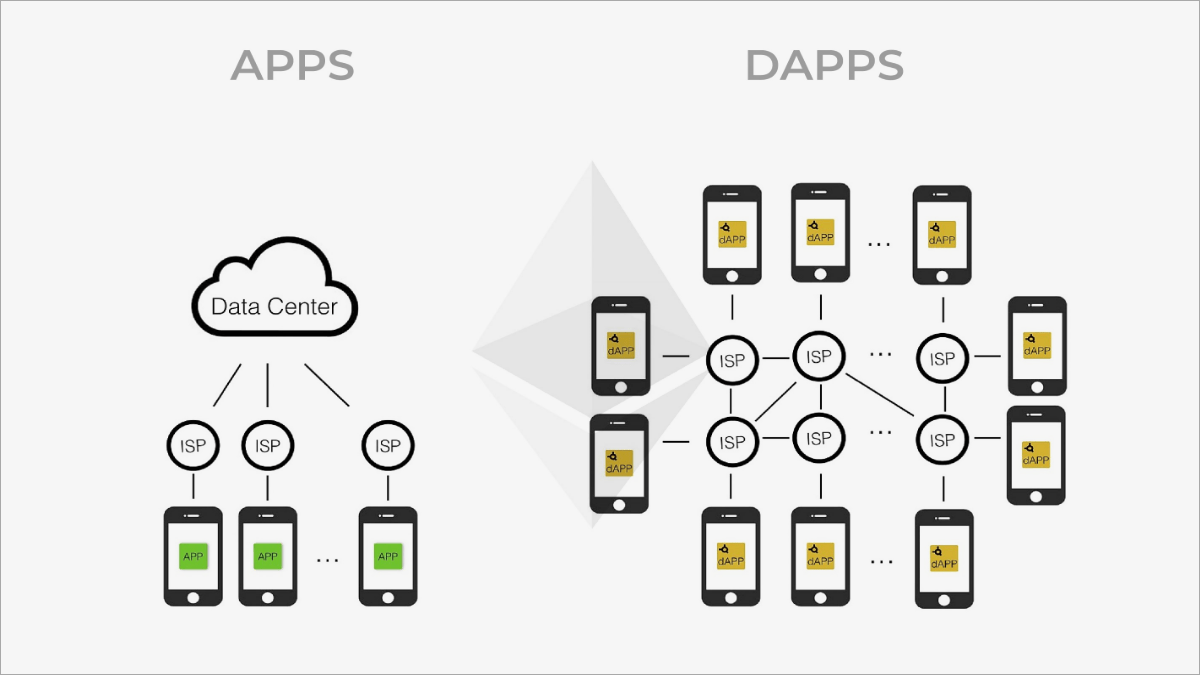
dApps are decentralized applications that operate on a blockchain network. They are similar to traditional apps, but they have several key differences. For example, dApps are not controlled by a single entity. Instead, they are powered by the collective efforts of the users who interact with them. dApps are also transparent and secure, meaning that users can trust them to operate honestly and without interference.
Read this also: Top 20+ Use Cases of Blockchain Technology
How Do dApps Work?

dApps are powered by blockchain technology. This means that they are decentralized and rely on a network of computers to function. When someone uses a dApp, their computer joins the network and helps to power the application. This makes dApps more reliable and resilient than traditional apps, which can be shut down or controlled by a single entity.
What are the Most Famous Platforms to Build Decentralized Apps(dApps)?
Various Blockchain systems are available from multiple enterprises. Although Bitcoin is the first and most popular, dApps can be created on Ethereum, NEO, Waves, Lisk, etc. Each system has its own benefits and disadvantages, so developers should choose the one that best meets their needs.
1. Ethereum

Open-source, decentralized applications blockchain Ethereum is the most popular platform for developing dApps. It has a wide variety of features, including support for smart contracts and decentralized storage. Ethereum also has a large user base and active development community.
Besides, Ethereum is planning to switch from a proof-of-work (PoW) to a proof-of-stake (PoS) consensus algorithm, which will make it even more attractive for dApp development.
2. NEO
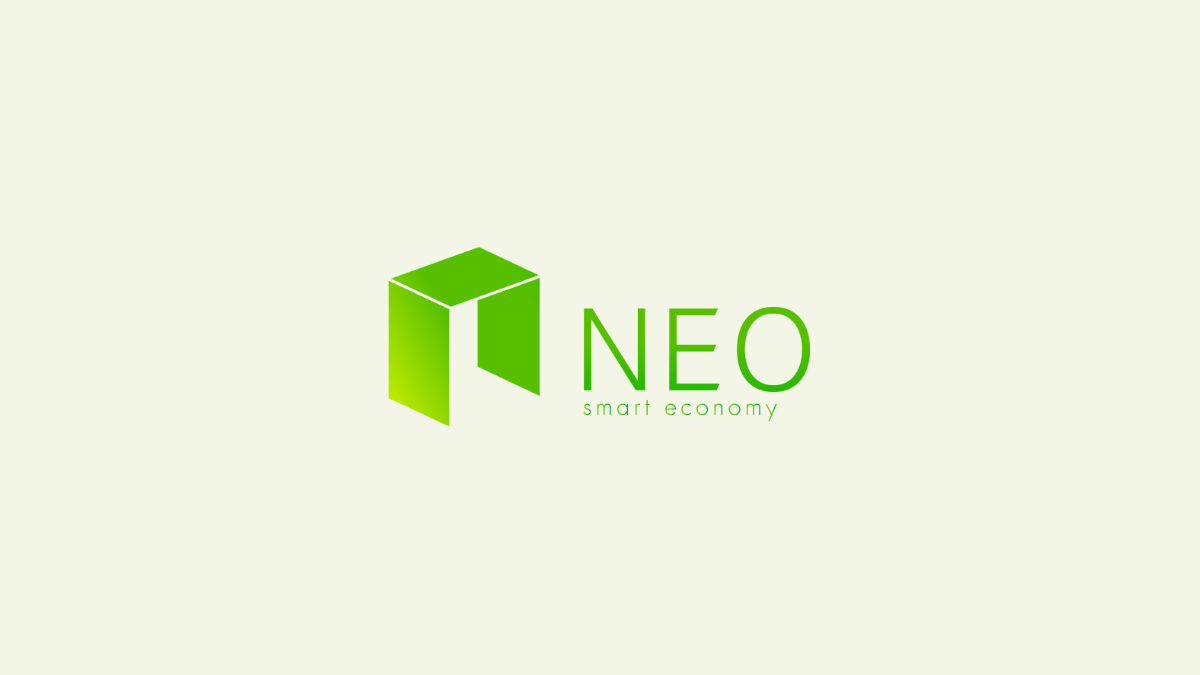
NEO is a Chinese blockchain platform that focuses on smart contracts and digital assets. It has many features that make it well-suited for dApps development, including support for multiple programming languages and built-in digital asset exchange.
3. Waves

Waves is a Russian blockchain platform that focuses on simplicity and user-friendliness. It has a wide range of features, including support for custom tokens and a decentralized exchange. Waves also have a very active development community.
4. Lisk
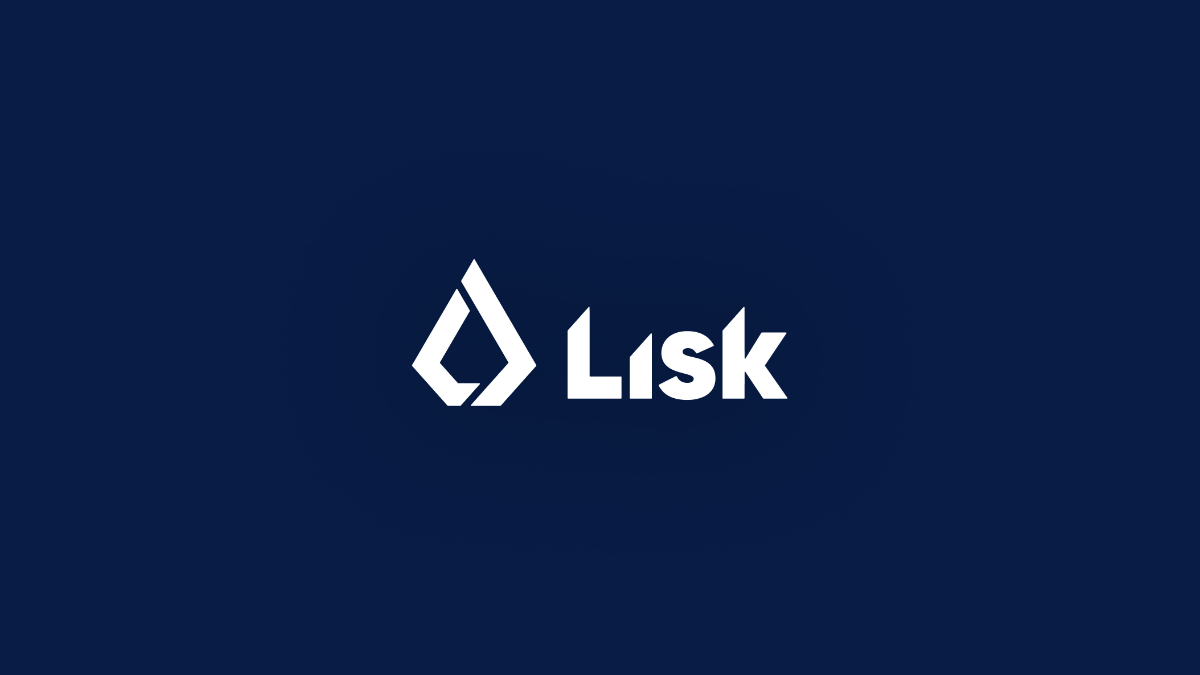
Lisk is a blockchain platform that focuses on JavaScript development. It has a wide range of features, including smart contracts and decentralized storage support. Lisk also has a very active development community.
Top Benefits of dApps
dApps offer several key benefits that traditional apps do not. These include:
1. Decentralization
dApps are not controlled by a single entity. Instead, they are powered by the collective efforts of the users who interact with them. This makes them more reliable and resilient than traditional apps.
2. Transparency
dApps are transparent and secure, meaning that users can trust them to operate honestly and without interference.
3. Security
dApps are secure and cannot be hacked or manipulated by third parties. This makes them a safer choice than traditional apps.
4. Freedom
dApps are not limited by the rules and regulations of traditional apps. This gives users more freedom to explore and create new applications.
What Are Some Examples of dApps?
1. OpenSea
OpenSea is a decentralized marketplace for digital assets. It lets users buy, sell, and trade digital assets in a secure and trustless environment. Also, OpenSea has a built-in auction system that allows users to sell their assets for the best price.
2. Cryptokitties
Cryptokitties is a decentralized game that allows users to collect and trade digital cats. The game is based on the Ethereum blockchain and uses smart contracts to manage the ownership of the cats.
3. Augur
Augur is a decentralized prediction market that allows users to bet on future events. The game is based on the Ethereum blockchain and uses smart contracts to manage the bets.
4. Golem
Golem is a decentralized marketplace for computing power. It allows users to rent out their computing power and earn money. The Golem network is based on the Ethereum blockchain and uses smart contracts to manage the transactions.
5. Steemit
Steemit is a decentralized social media platform that allows users to earn money by creating and publishing content. The Steemit platform is based on the Steem blockchain and uses smart contracts to manage the transactions.
The Future of dApps!
The prospects of dApps are exciting. dApps have the potential to revolutionize the way we interact with the internet. They offer a more secure, transparent, and decentralized alternative to traditional apps, and they have the potential to change the way we do business, communicate and store information. As blockchain technology continues to develop, dApps are sure to play a key role in the future of the internet.
About Author
You May Also Like
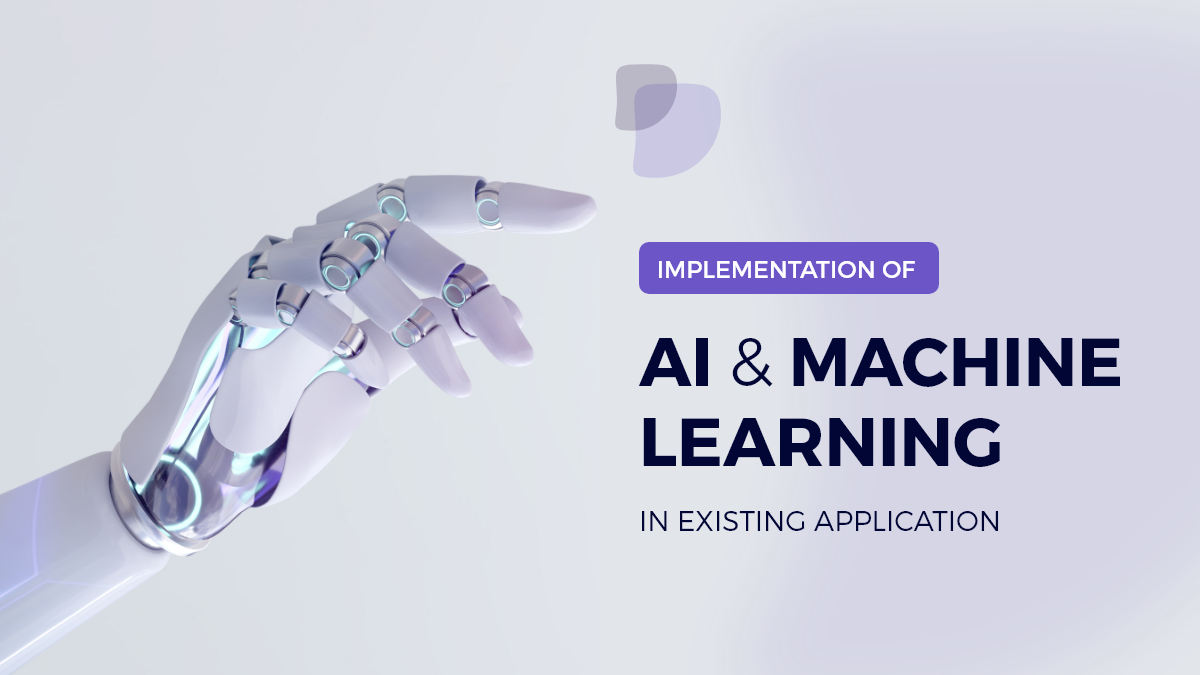
When it comes to developing an app, there's a lot to consider. Not only do you need to create a user-friendly interface and design, but you also need to make sure your app is able to meet the demands
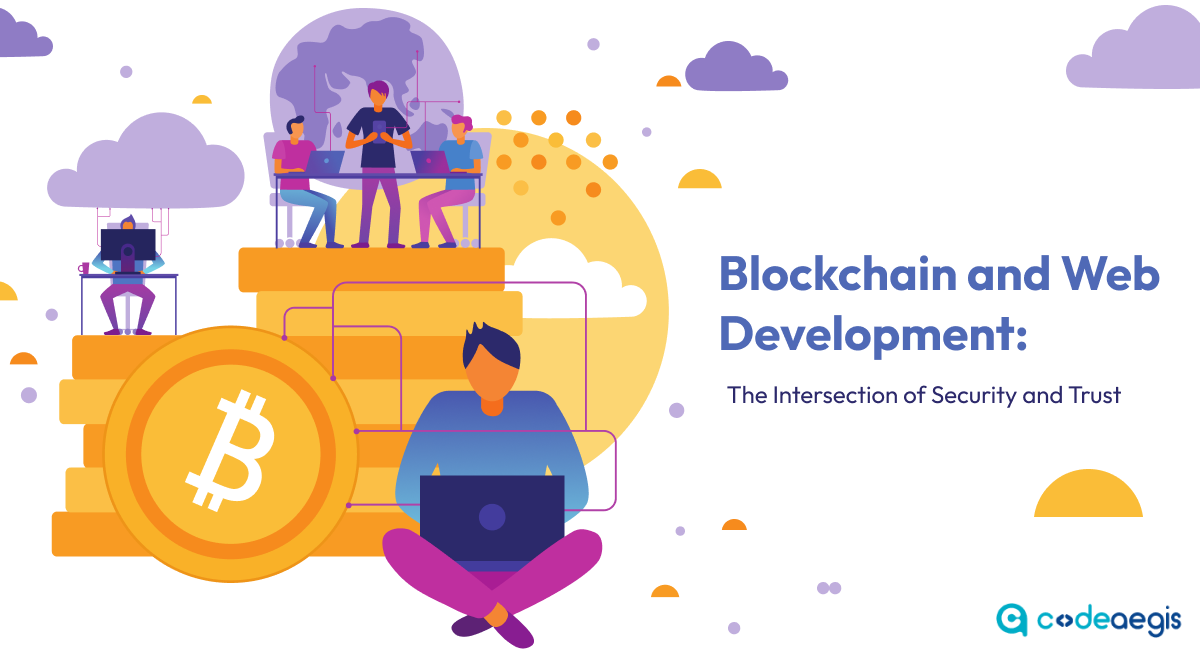
Blockchain technology and web development are two powerful innovations that have the potential to transform our world. While they may appear distinct, they share similarities and can work together to
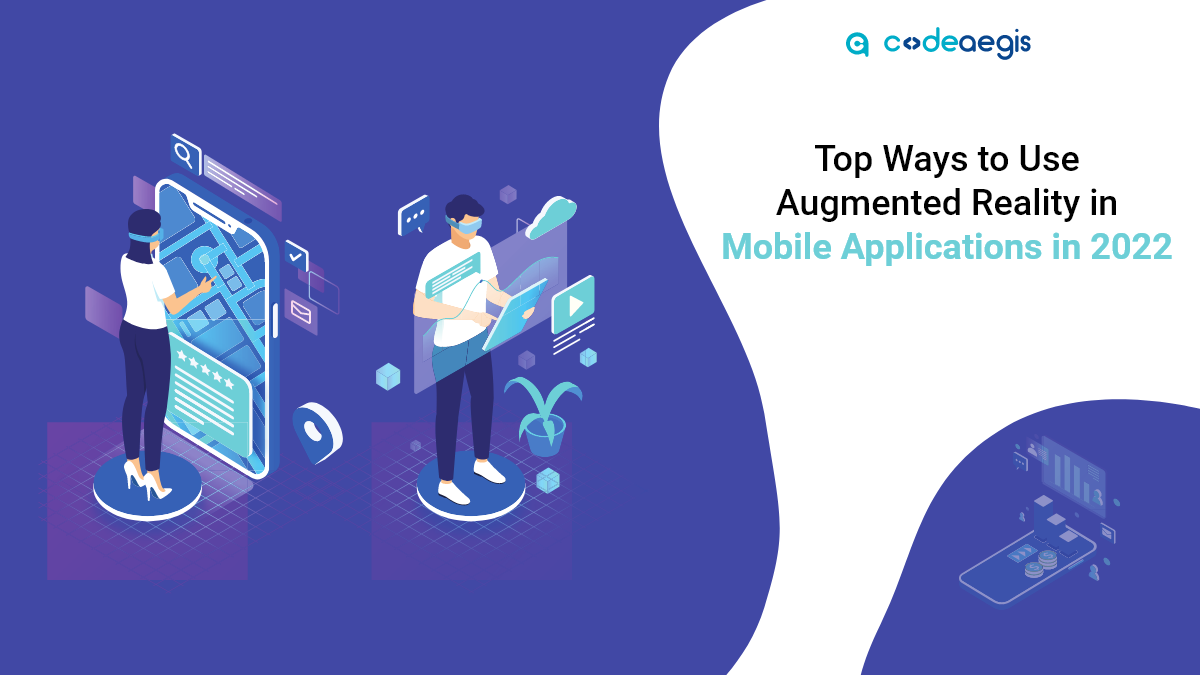
Augmented Reality and Virtual Reality are the two leading buzzwords in the technology era. What began as a completely new, significantly different technology has rapidly revolutionized into something

The food delivery application has innovative, game-changing features that will transform the industry from the bottom to the top. According to Statista, the online food delivery market in the UAE has
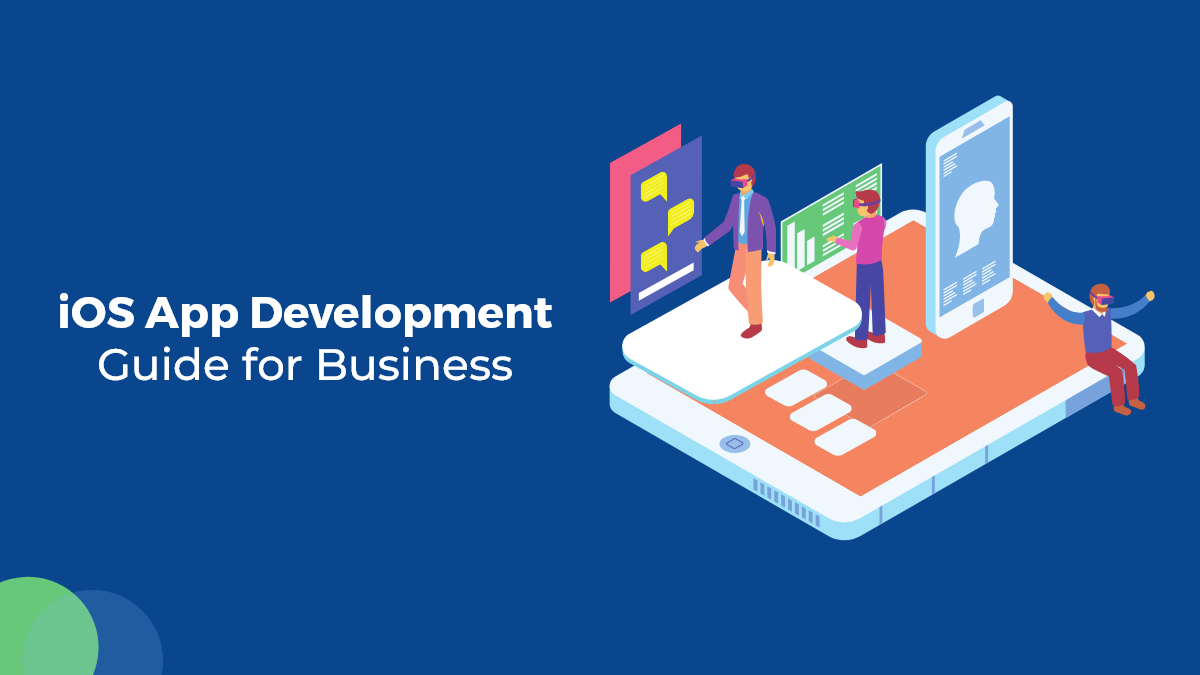
Businesses these days are looking to have an edge over their competition by having a strong online presence. A website is not enough anymore, and many companies are turning to mobile apps as a way to
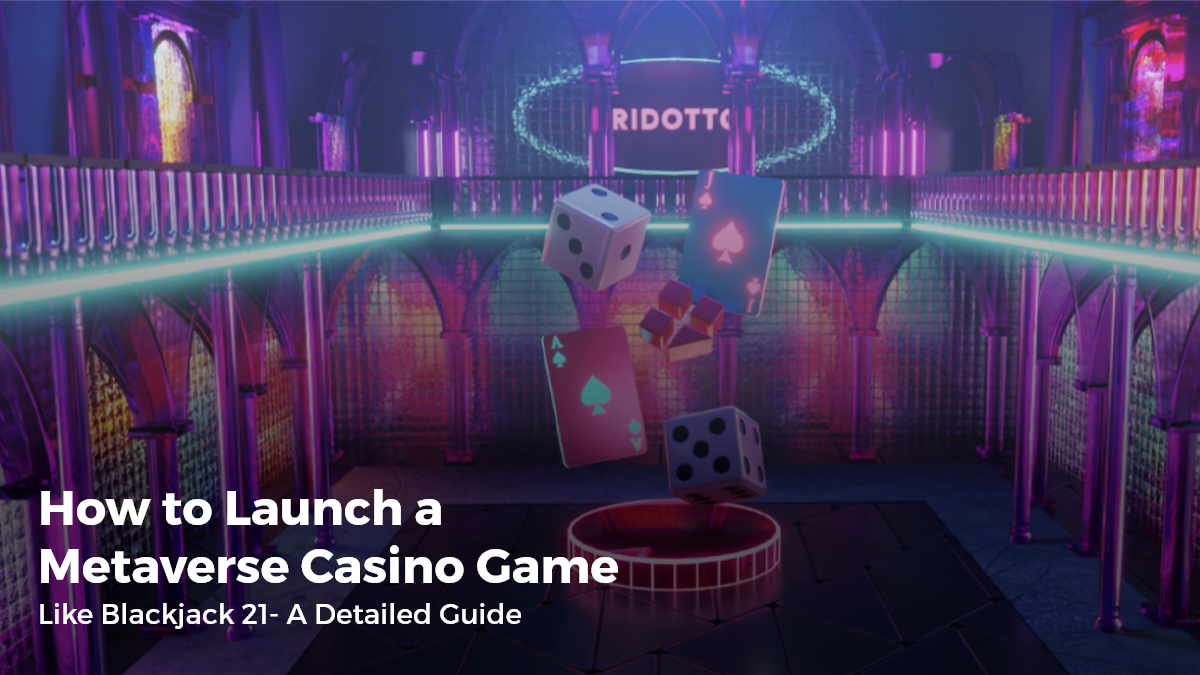
The world of gaming is rapidly evolving, and the latest buzzword is "metaverse." The term refers to a virtual world where users can interact with each other and digital objects in real time, using imm

The two hottest frameworks in the mobile app development world are Flutter and React Native. They’re both cross-platform solutions that allow you to write code once and deploy it to Android and

Google released Android 13 beta 4 to the public, and with it comes a slew of new features and updates. In this article, we'll walk you through everything you need to know about the latest version of A

Things have changed dramatically over the years with new opportunities, techniques, and future advancements. Real estate is the best industry to invest in, though the procedure sometimes irritates. Me

The world is digitizing at a very rapid pace, and in such a scenario, real estate businesses must also go digital to stay ahead of the competition. One of the best ways to digitize your business is de

Building an App that promotes businesses and acts as a right hand has a separate fanbase! Creating an app for the business plays a fundamental role in elevating business operations, making seamless c

Blockchain technology is becoming the heart of multiple industries. It is robustly securing businesses through its core value, making it the first pick-up in the generative AIs. The blockchain is the

The mobile app market has grown to a staggering size, with over 1.8 million apps available in the Google Play Store and Apple App Store combined. Mobile apps have become a necessity for people worldwi
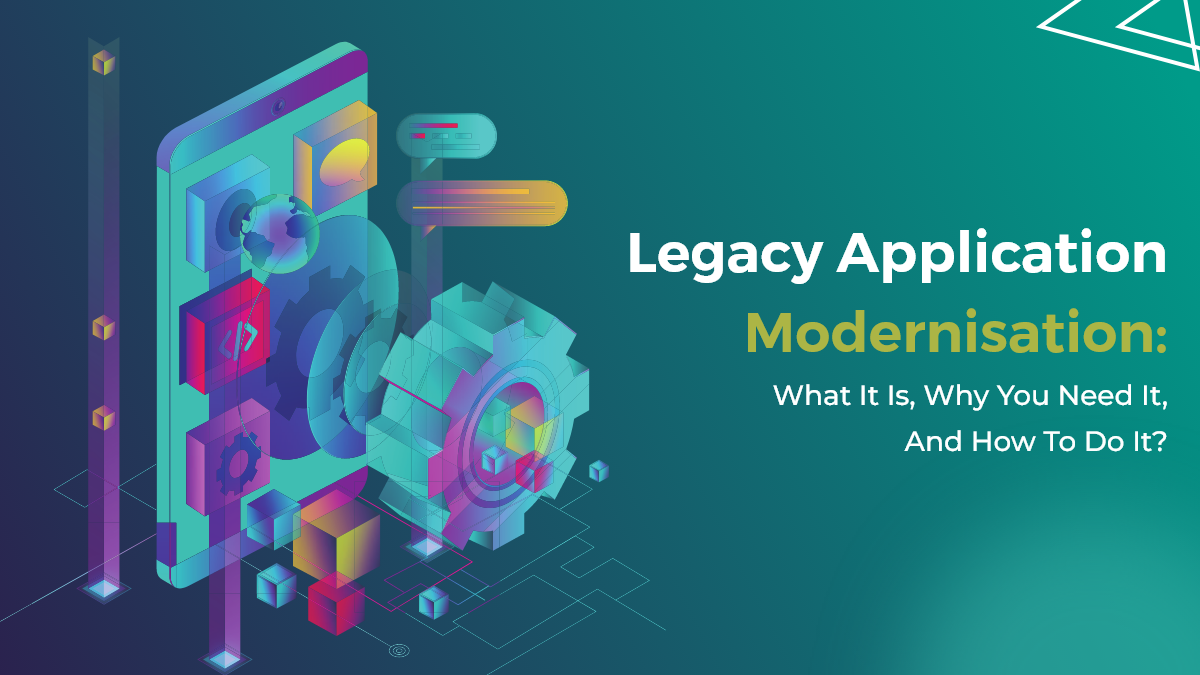
Mobile app development is quickly becoming a necessity for businesses. As the world becomes increasingly digital, companies of all sizes rely on mobile apps to reach customers and increase customer en

The United Arab Emirates (UAE) is flourishing as the hub for blockchain technologies, transforming the digital ecosystem and having a forward-thinking government to maintain its competitive edge. Gove
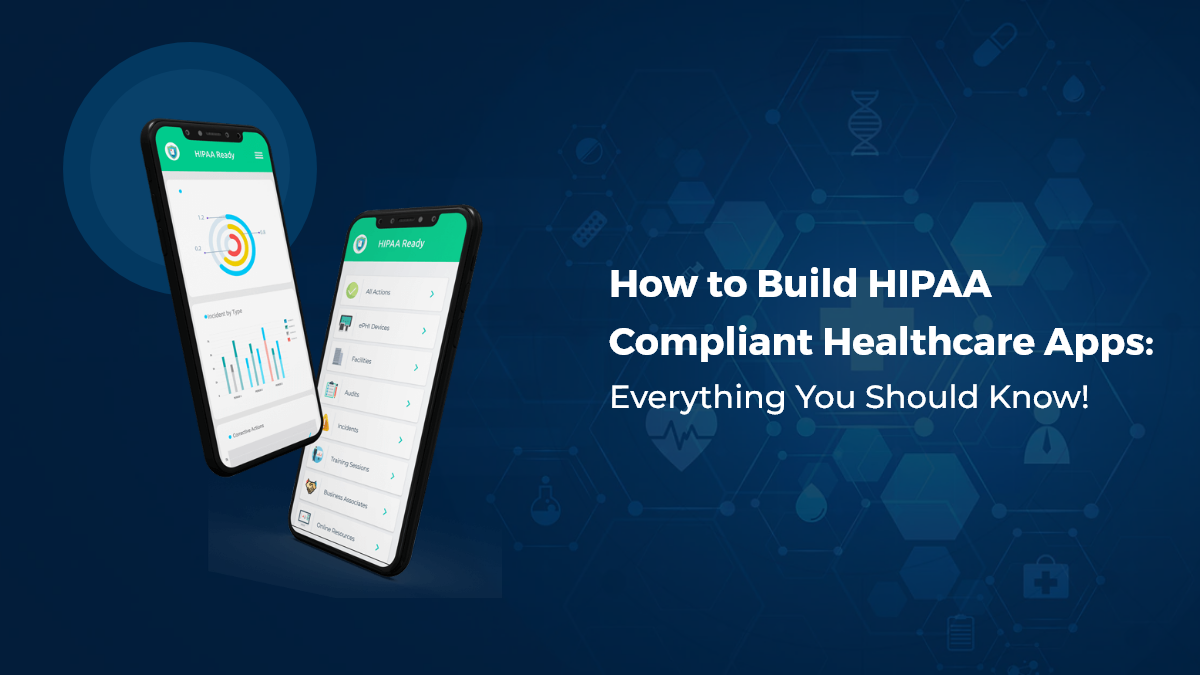
If you’re in the healthcare industry, then you know that data privacy and security are of utmost importance. In order to protect patients’ information, the Health Insurance Portability and

Are you looking to design a mobile app in 2025? Mobile application development is an ever-changing field, and it can be hard to keep up with the latest trends and best practices. But with this guide,
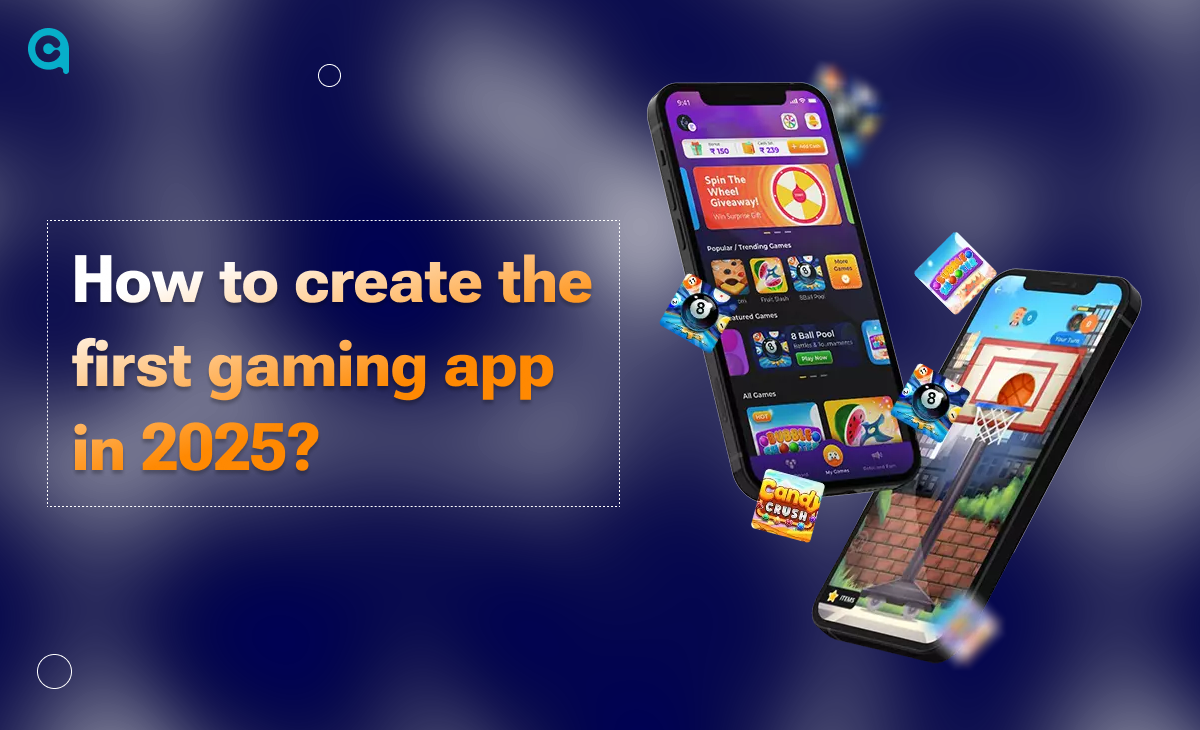
Application development is essential to fostering business efficiency while accepting new changes. Depending on the specific requirements, 85% of businesses rely on software development solutions to s

Will DeepSeek and ChatGPT collide in the race for AI Supremacy? DeepSeek and ChatGPT are at the center of a heated debate that tends to shape the future of AI. The real-world implications and effecti

Australia is moving towards a big shift at a global level. It is strengthening the ties at the B2B level and becoming a hub for innovation, sustainability, and digital transformation. Backed with a r

Necessity is the mother of invention origin! Have you ever wondered when an entrepreneur decides to start a business? When demand is high and supply is low, opportunities arise. But there’s mor

Having a mobile application is no longer a luxury—it's an essential tool for instantly capturing the market! To stand out in the rental businesses, a company must adopt tech-driven preferences

Social media apps are all the rage these days. People use them to connect with friends and family, to learn about new products and services, and to stay up-to-date on the latest news. But as popular a
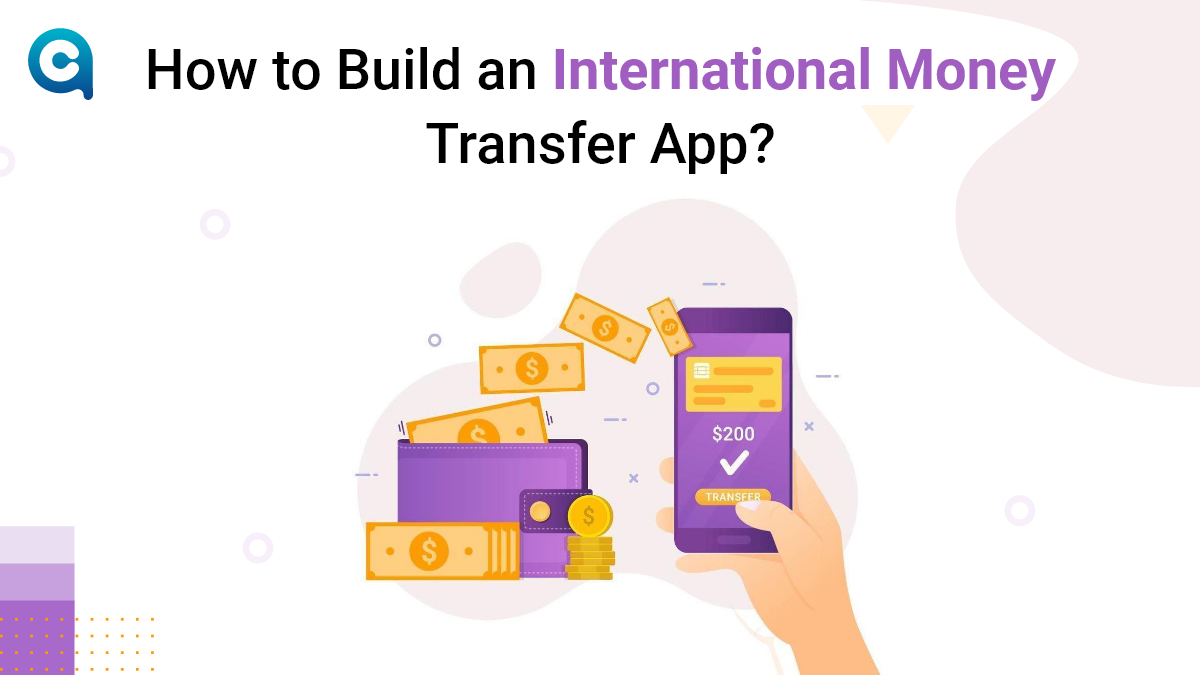
The introduction of online payment applications has changed how people perform financial transactions. A mobile phone with a banking app lets you quickly resolve various financial matters. Ta
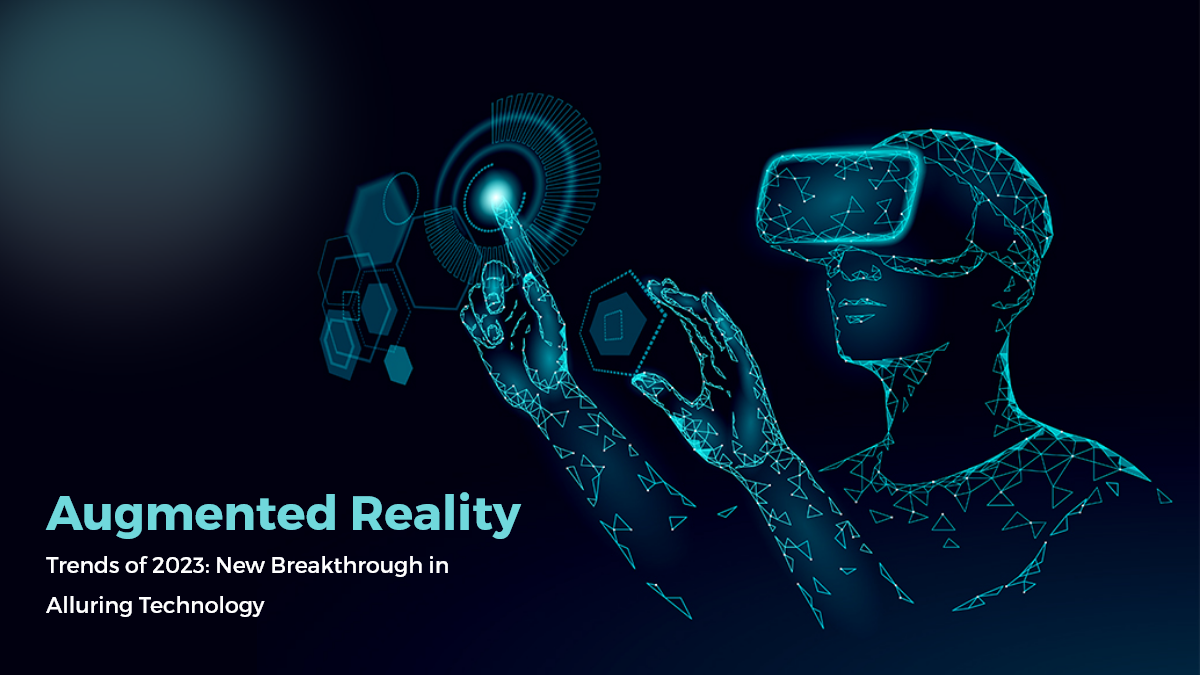
Technology has come a long way in the past decade, and augmented reality (AR) is one of the most exciting development fields. AR technology superimposes digital content into the real world, creating a

The UAE, and Dubai specifically, has really evolved from just a real estate and tourism market, and is quickly becoming a hub for digital innovation and online commerce. With the continued investment

Prime Minister Narendra Modi eventually launched 5G in India at the 6th edition of the IMC (India Mobile Congress). Reliance Jio and other telecom organizations documented the various use cases of 5G

Are you aware that the world is going through a significant shift in the way we make payments? According to a recent report by Deloitte, the total value of digital payments worldwide is estimated to r
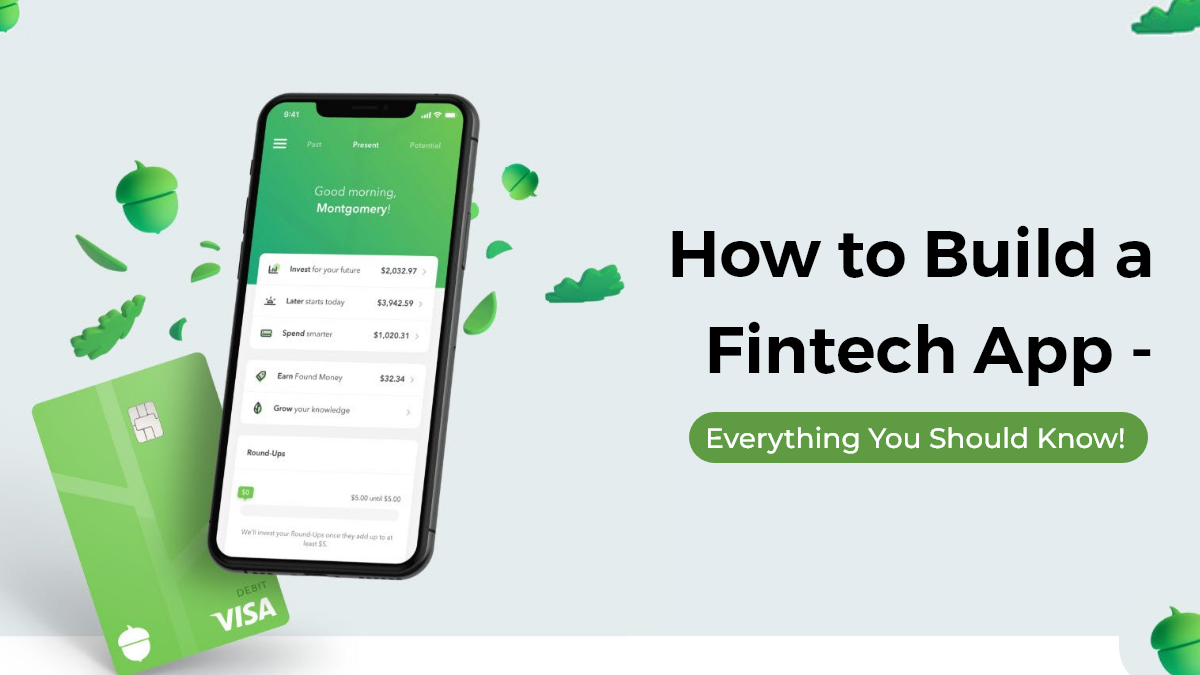
With the advent of technology, the financial industry has experienced a massive transformation in the past few years. Fintech applications have revolutionized the way we manage and invest our money.
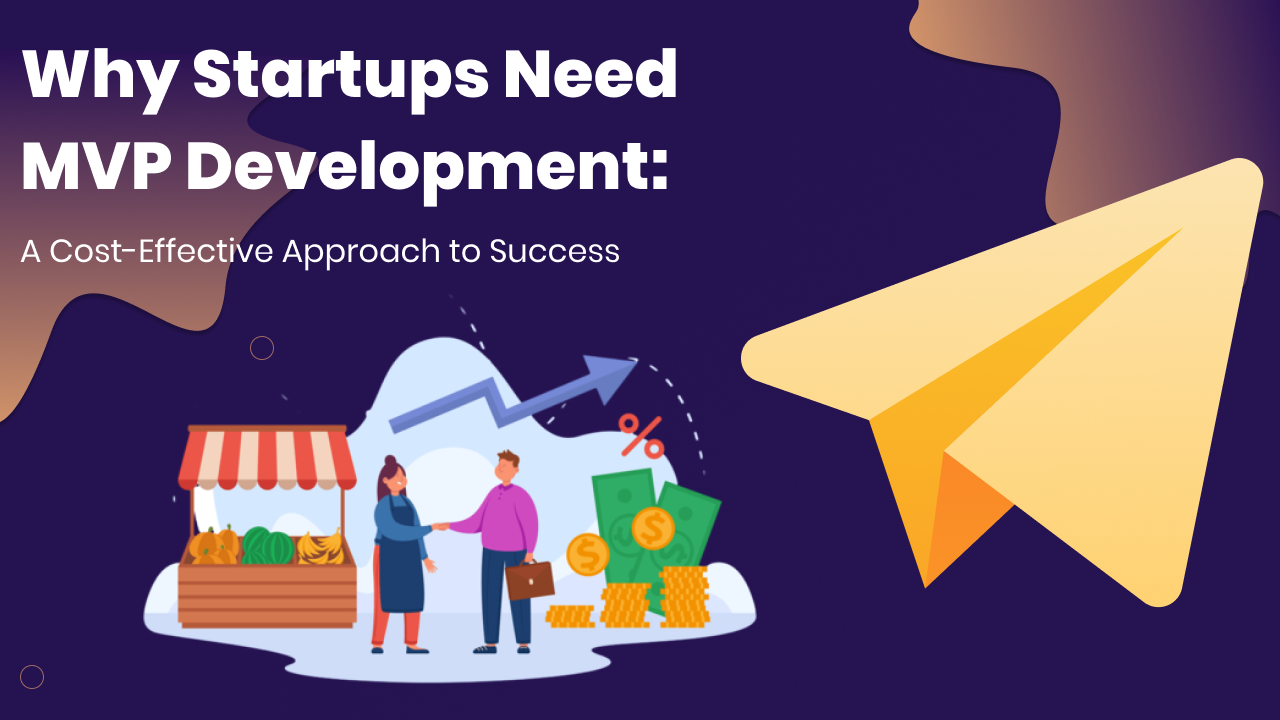
The startup space is fast, competitive, and harsh. According to Exploding Topics, about 90% of startups fail. What would be the reason for that? There would be multiple reasons for startup failure, bu
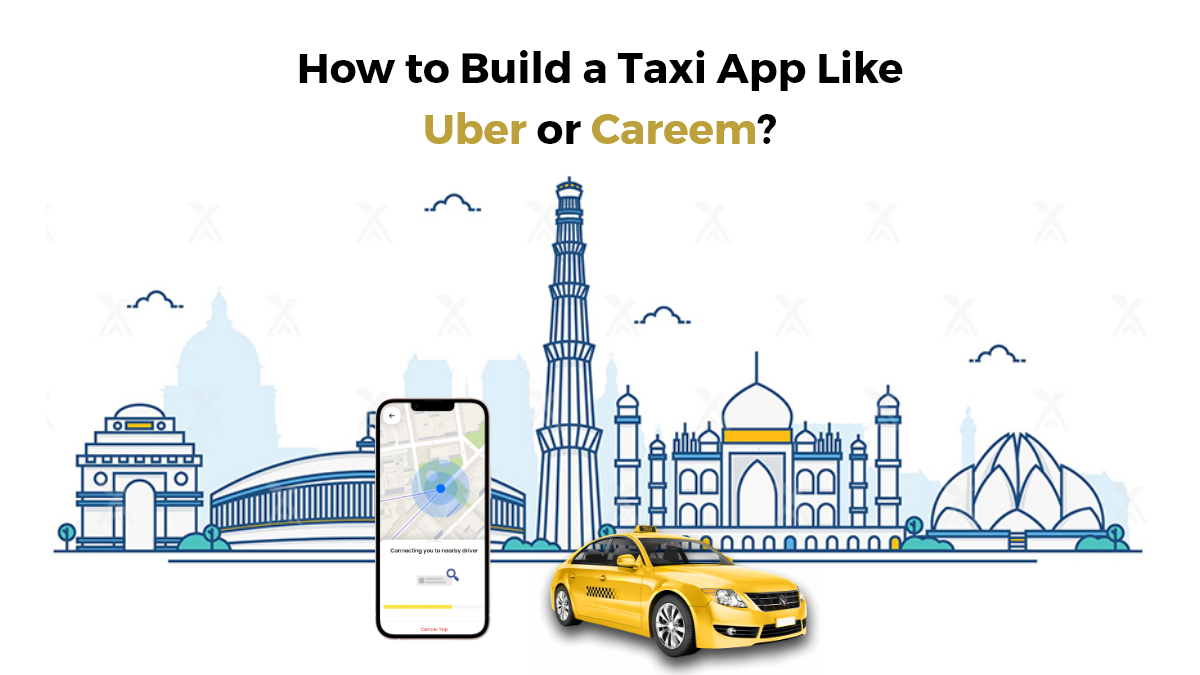
Gone are the days when people used to wave down a taxi on the street or wait for one at the airport. With the advent of technology, people can now book a taxi with just a few taps on their smartphones
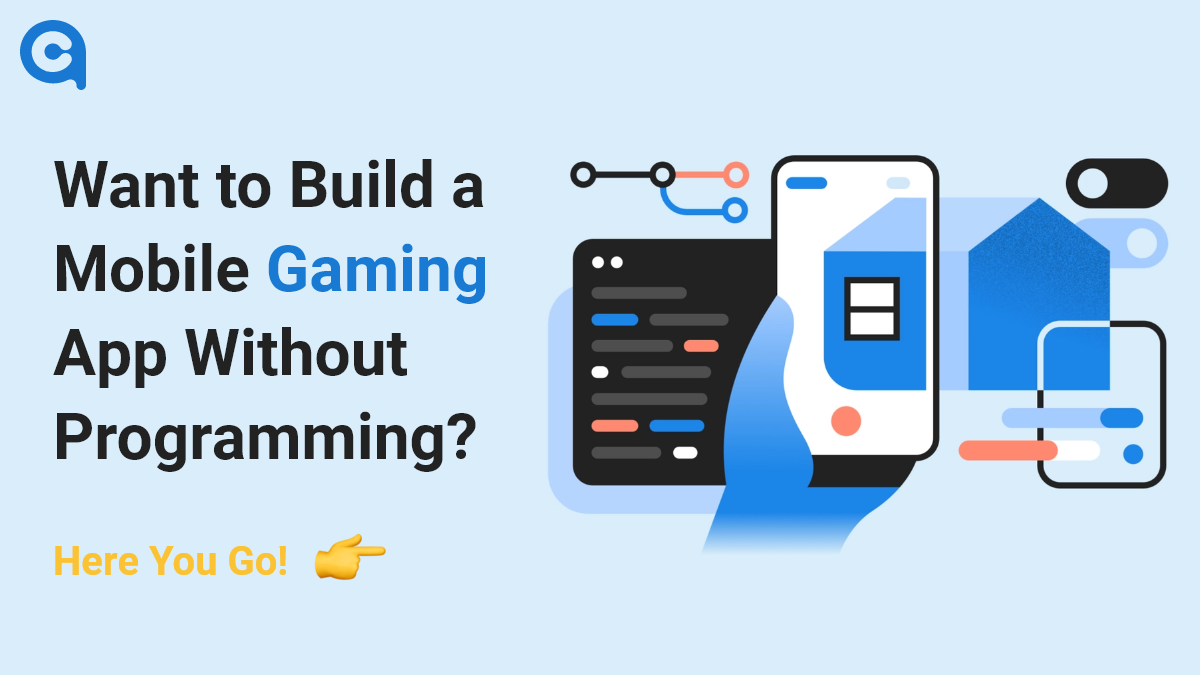
Do you want to build a simple app for your business? Do you want to create an app that enhances the experience of users who play games on their smartphones? Whatever your reason, I have created this g

The mobile app market has grown to a staggering size, with over 1.8 million apps available in the Google Play Store and Apple App Store combined. Mobile apps have become a necessity for people worldwi

Table of Contents 1. What is ChatGPT? 2. What Are the Top Benefits of ChatGPT? 3. How Does ChatGPT Work? 4. Challenges With ChatGPT 5. ChatGPT and the Future of AI 6. Final Thoug
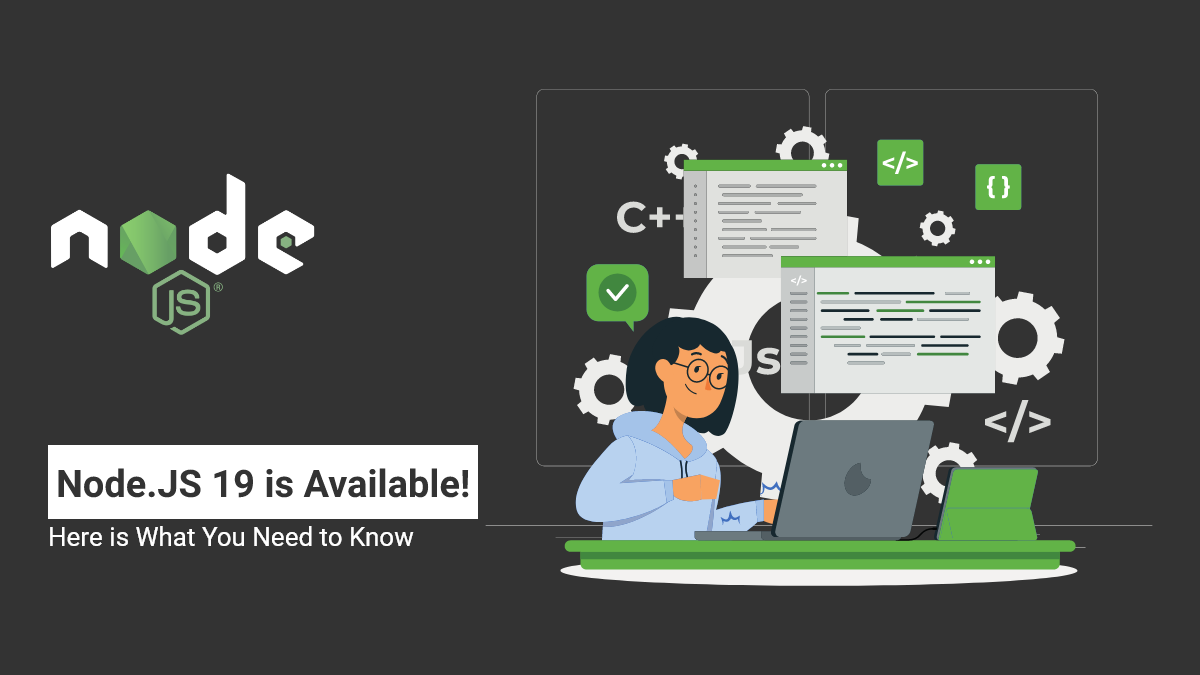
The launch of Node.js 19 is now available! It substitutes Node.js 18 as the current launch line, with Node.js 18 being encouraged to long-term support (LTS) next week. What do these two launches mean

Rental businesses are gaining market share by offering essential services that help other businesses minimize downtime and maximize profitability. This growth trend is particularly strong in the servi
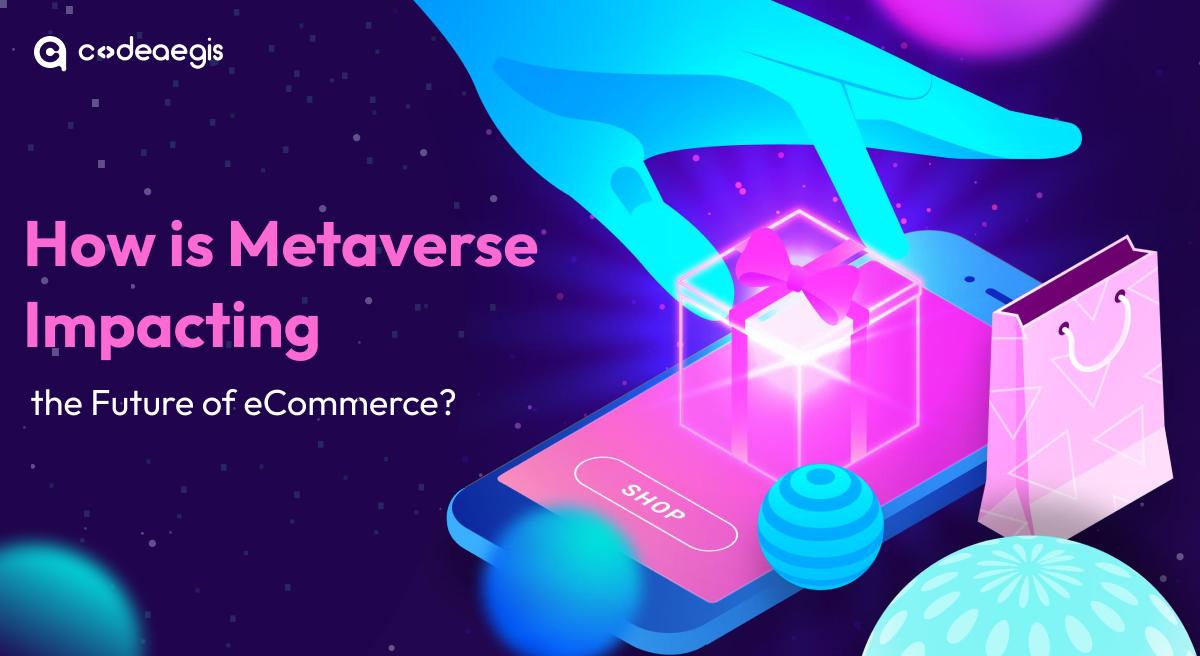
Lately, the tech world has been abuzz with talk of the Metaverse, a groundbreaking concept that promises a shared virtual space where people can interact and engage with one another. This futuristic i
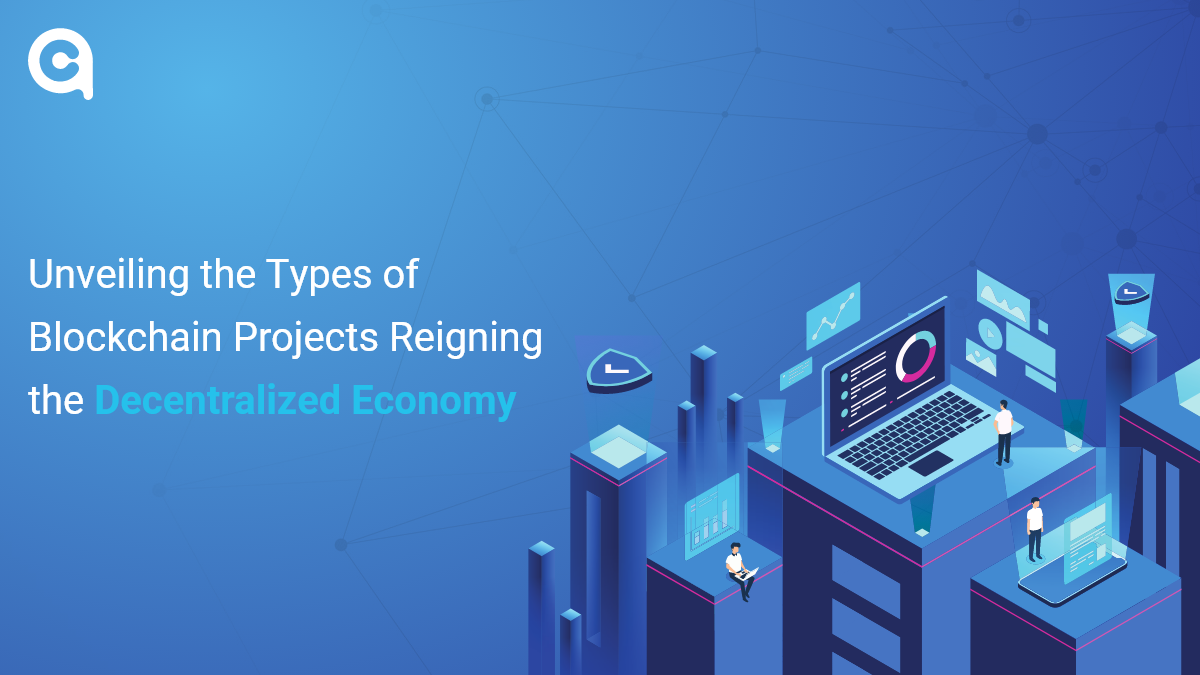
As blockchain technology continues to evolve, so too does the landscape of projects built on its foundation. The worldwide Blockchain market is predicted to expand at a CAGR of 42.8% (2018-2023), dire
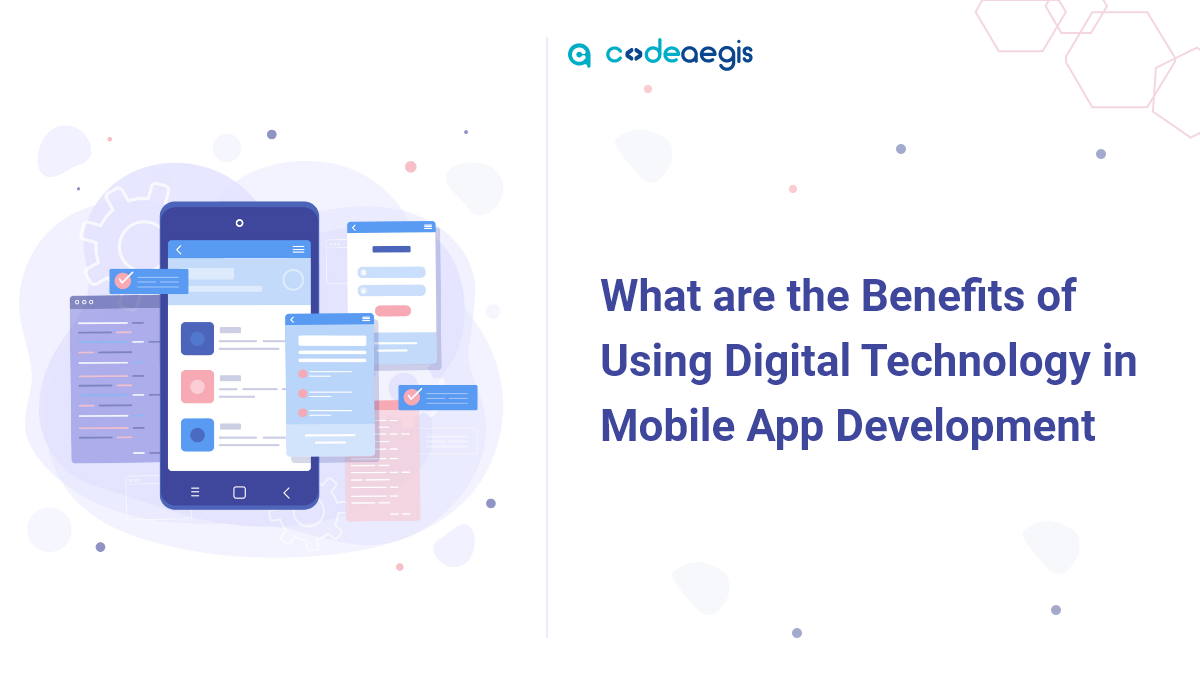
With the ubiquity of smartphones and tablets, it only makes sense that mobile app development - which is the process of creating applications for smartphones and tablet devices - is becoming more popu

Want to establish a new business or improve an existing one? You should consider using blockchain technology Being a distributed database, Blockchain allows for secure online transactions. This techn

In the last few years, wearables have become increasingly popular. Fitness trackers, smartwatches, and even smart glasses are becoming more and more commonplace. And as the technology improves and bec
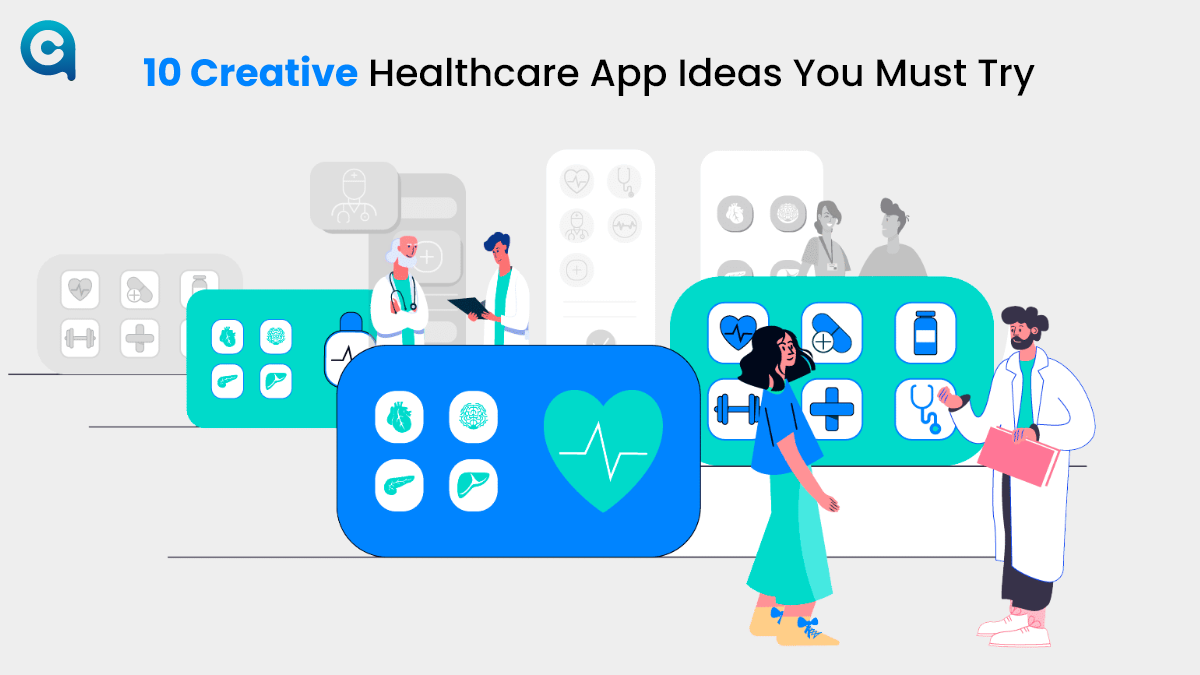
As we head into the future, more and more people are looking to find ways to improve their healthcare. And with good reason - healthcare can be expensive, and it can be difficult to get the right care

Do you run your own business and want to build an Android app? If yes, you must know about the latest technology trends playing a significant role in the android app development process. Technology i

Summary: Car rental apps have become the heart of the business, stimulating growth, efficiency, and customization. They offer updated rental methods to stay relevant with Gen Z and Millennials, who ar
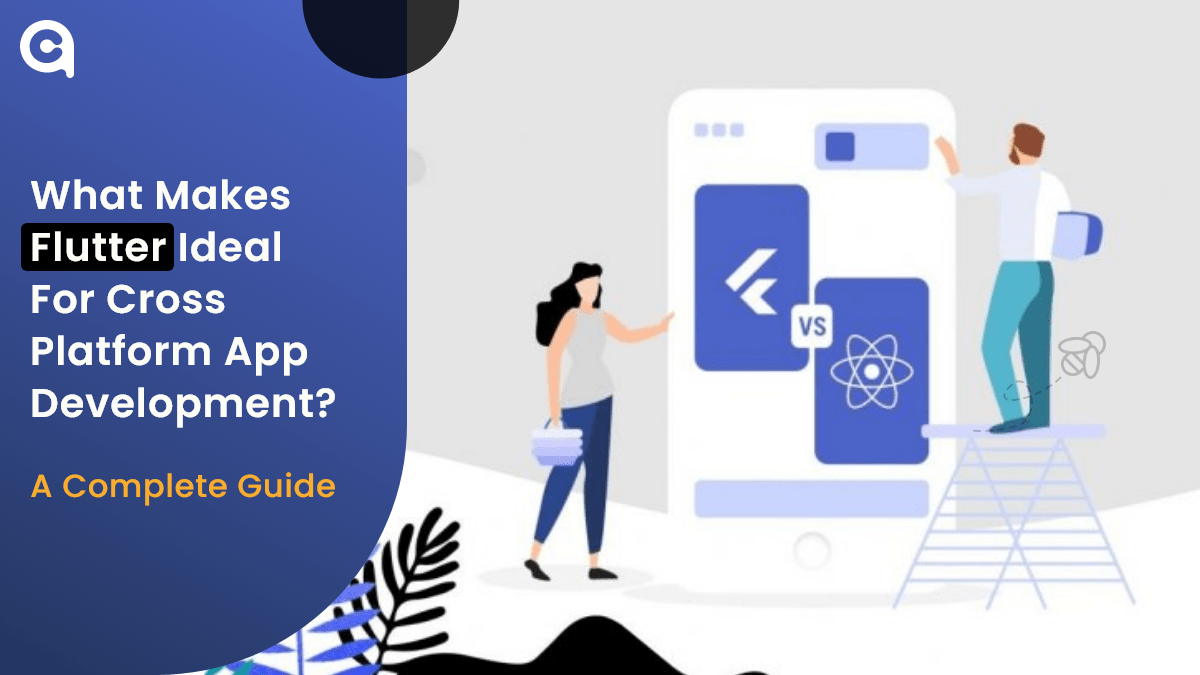
Table of Contents 1. What is Flutter? 2. Why Choose Cross-Platform Development? 3. Why is Flutter the Best Platform to Make Cross-platform Applications? 4. How Much Does it Cost to

The gaming industry is proliferating with the advent of smartphones and PCs. Every age group, from children to adults, is well-engaged and fond of online gaming. The rapid evolution of mobile gaming a

It's no secret that the digital world has transformed many aspects of our lives, and it is only going to continue changing in ways we can't even imagine yet. To help businesses keep up with this rapid

Is your business still relying on off-the-shelf software solutions that don’t efficiently meet your unique business requirements? If your mind instantly says yes, then let’s explore why in

Decentralized Finance (DeFi) is a modern and evolving region of finance that is less centralized and more open to innovation and collaboration. DeFi enthusiasts laud its prospect of disrupting convent
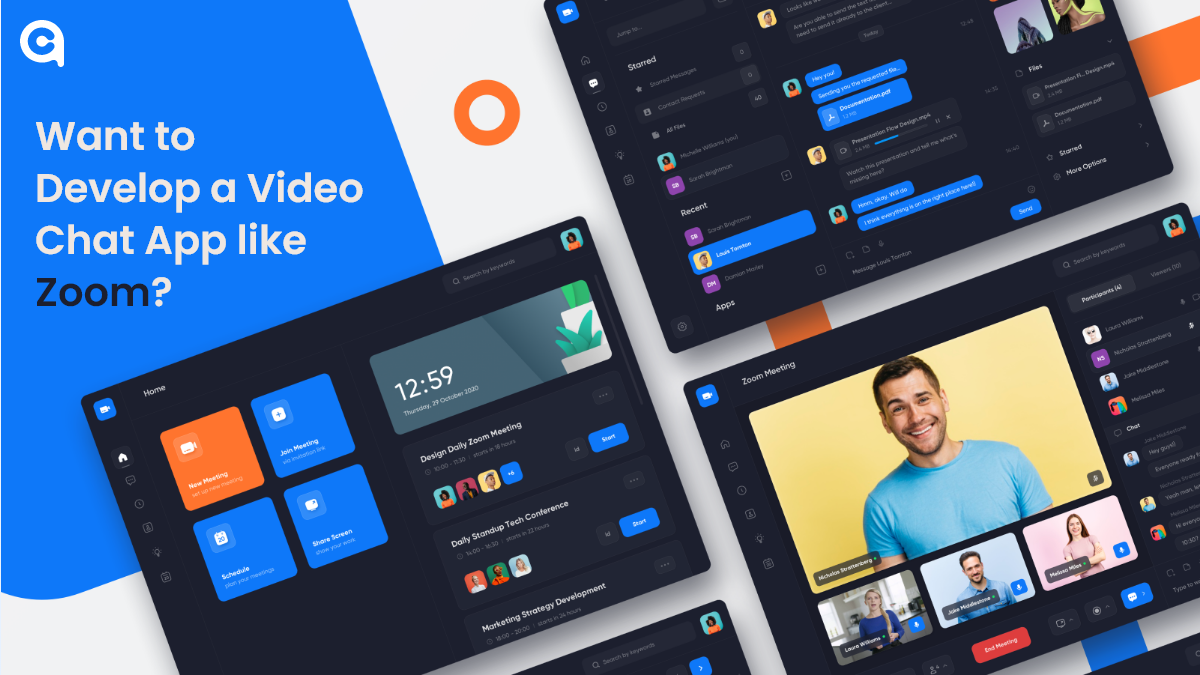
Depending on what niche you’re in, video chat apps are becoming increasingly common in the world of business and technology. Whether it’s a small startup company or a multinational corpora

Can you give thought to a week without coffee breaks at cafes? It might not be possible, but earlier, having coffee outside the house was never a thing. So how the tables have changed the corners?

Have you ever found yourself in a situation where you desperately needed a product or service but didn't have the time or energy to go out and get it? Well, fear no more because on-demand delivery app
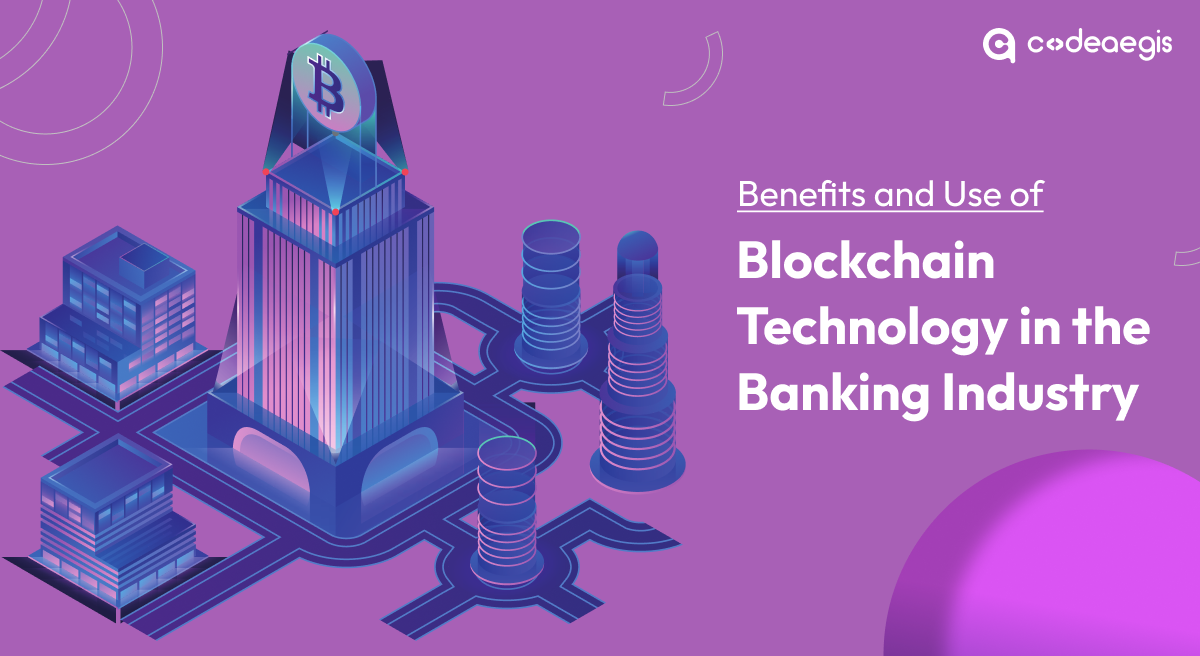
Picture this: a world where traditional banking transforms into a cutting-edge, efficient, and transparent system that leaves everyone in awe. Blockchain, often met with skepticism and uncertainty, is

Do you know what digital transformation with AI is and how it can impact your business? Organizations today are under pressure to digitally transform to stay competitive. This digital transformation
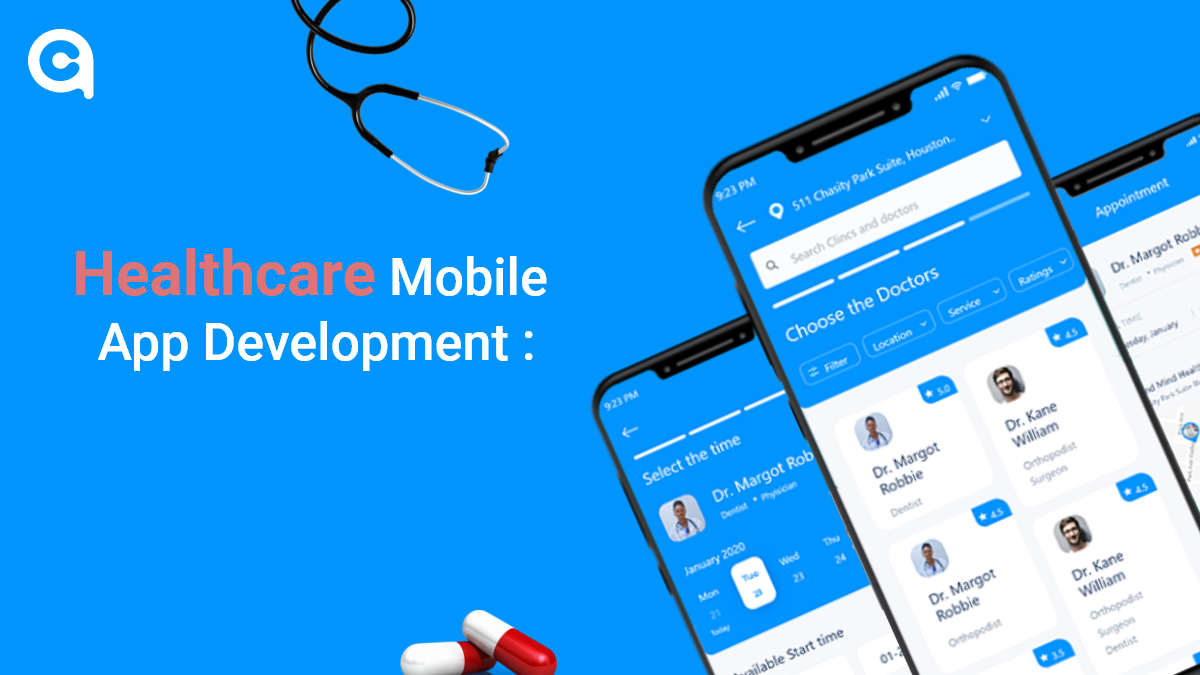
The healthcare industry is one of the most rapidly changing and growing industries worldwide. Mobile devices and apps have drastically changed how providers and patients interact and communicate.So, i

Mobile applications have dominated the market, helping businesses to reinforce their full potential. Not only for the rental business, but mobile apps play a critical role in establishing a solid foun

Mobile applications play a vital role in the development of multiple businesses in this digital world. Most companies are investing in iOS app development to strengthen their market appearance and dra

Nowadays, the financial industry has encountered massive digitization, and mobile apps play a significant role in it. There are a wide variety of money transfer apps available, catering to the needs a

By 2024, we all know that technology will be the future. What excites me the most is that technology has covered all the dimensions of businesses, enabling them to attain their potential and efficienc

You’ve likely heard the term “Artificial Intelligence” or AI until now—It’s 2025. But have you ever paused to consider how deeply AI has woven itself into the web of our
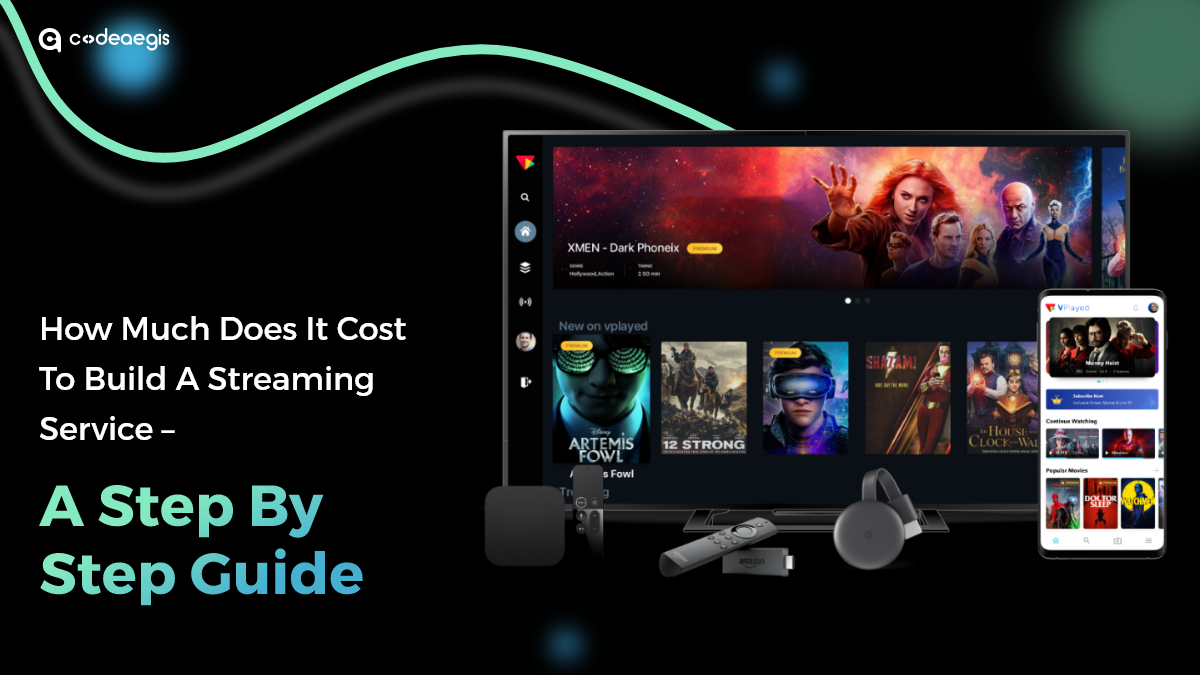
The rise of online video streaming services has revolutionized the entertainment industry, prompting businesses worldwide to explore the possibility of launching their own platforms. With giants like
The beacon technology market was valued at 519.6 million U.S. dollars in 2016, and it was estimated to increase at a CAGR of 59.8% to reach about 56.6 billion U.S. dollars in size in 2026. Throughout
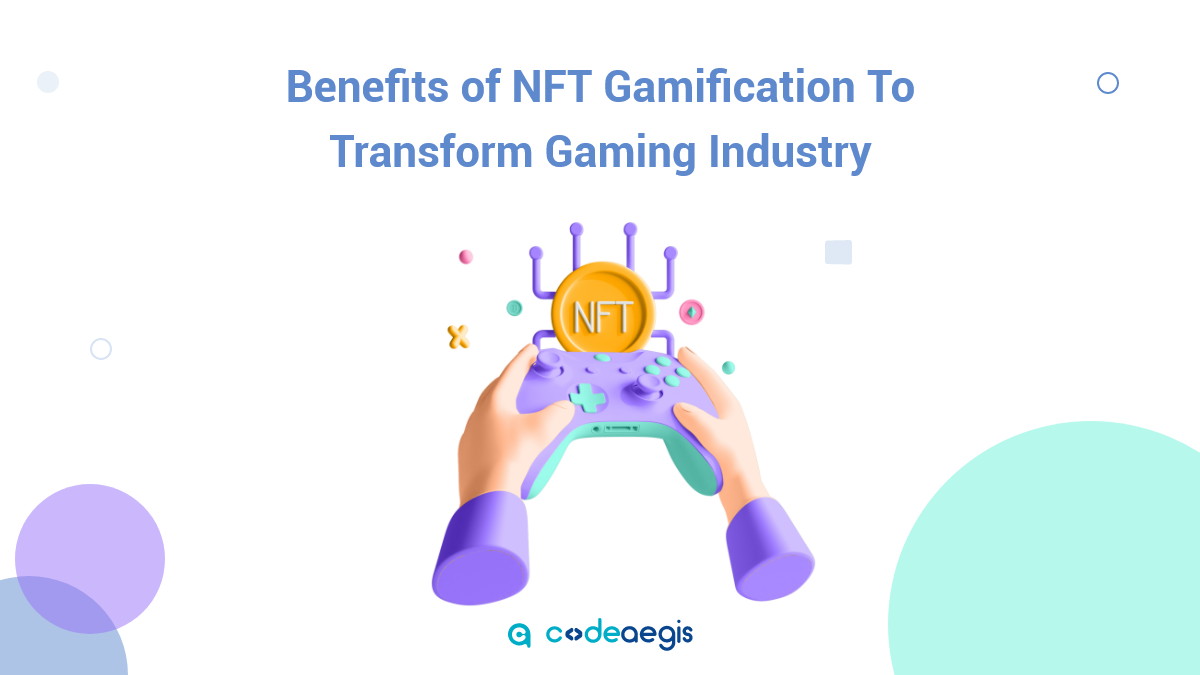
In recent years, the gaming industry has seen a surge in popularity, with many gamers turning to online gaming platforms and console games in order to escape reality. With so many people playing video

Over-the-top (OTT) platforms like Disney Plus, Netflix, and Prime Video have gradually captured attention as traditional TV-watching methods have faded. Throughout the year, OTT platforms have created
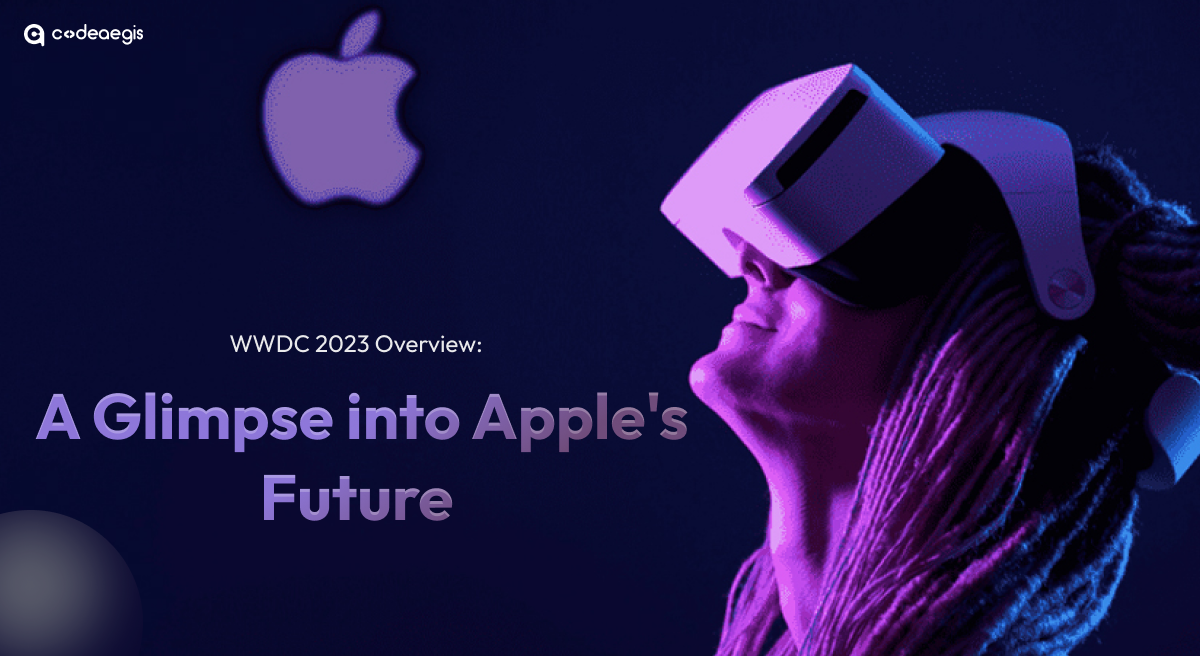
An extensive background working in Tech, Travel, and Education Industries. Currently involved in entire business operations process: Benefits strategy and implementation, systems integration, Human Re

IPTV has established itself as a prominent technology that is gaining traction with its comprehensive platform applications. Unlike traditional methods like satellite, cable, or TV, IPTV has accelera
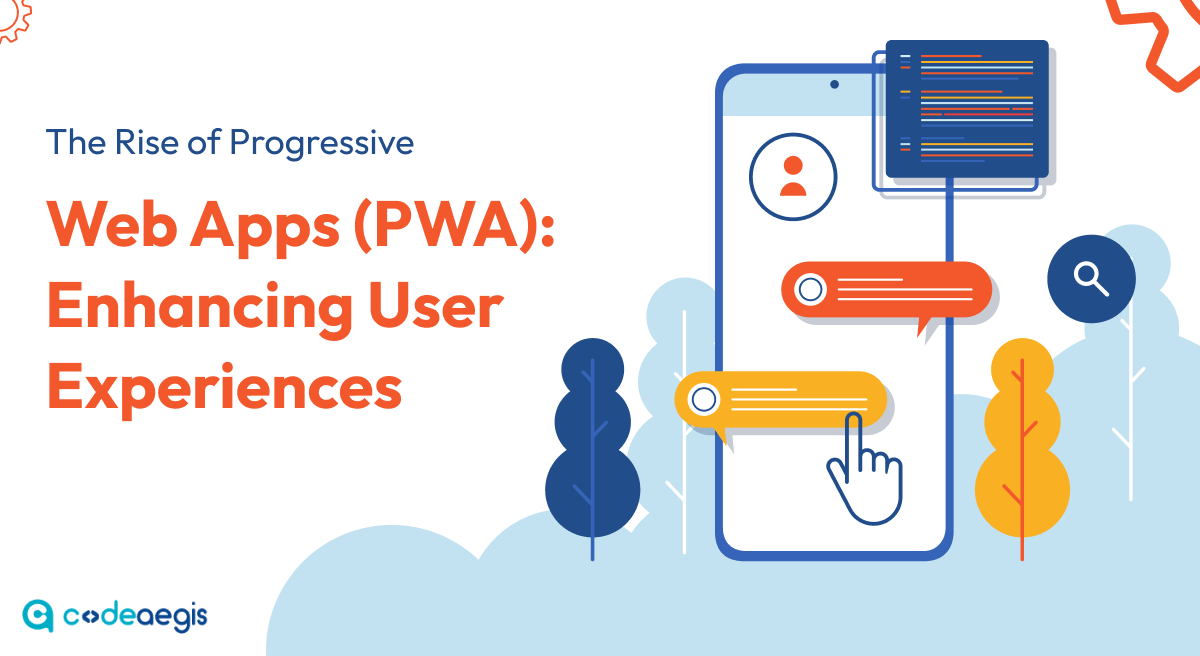
In today's digital world, businesses must keep up with ever-increasing consumer expectations and find new ways to engage their audience. That's where Progressive Web Apps (PWAs) come in. PWAs are a r

Did you know that Dubai's prime residential market is projected to experience the world's strongest growth in 2025? The Middle East is buzzing with opportunities, especially in the realm of mobile app
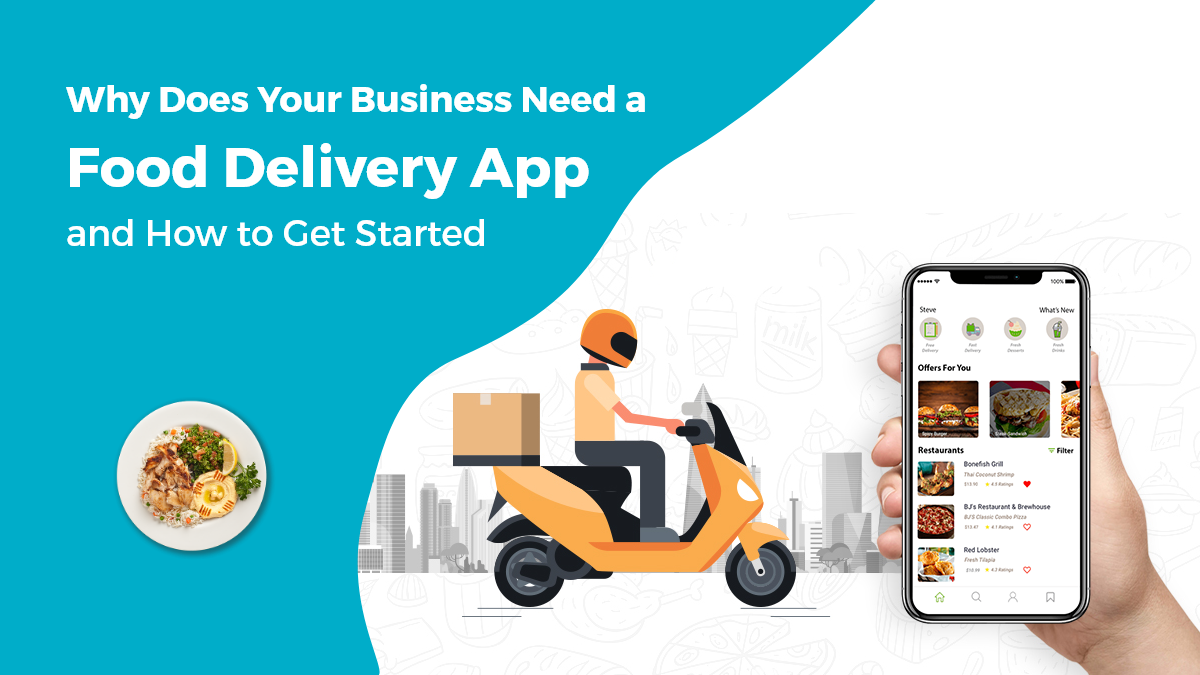
Businesses after COVID are going through several changes, and the food industry is no different. Restaurants that have been doing dine-in are now struggling to keep up with the demand for delivery and
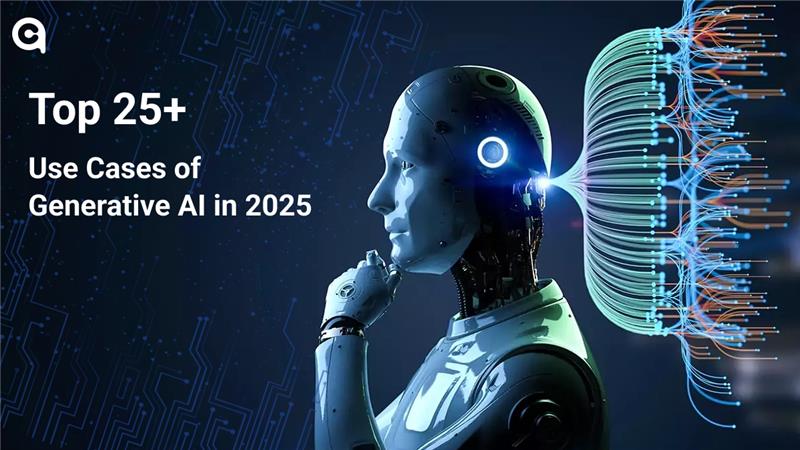
Generative AI? Is this still a question mark to you? If you don’t know what generative AI does, that would be a fair question, but it was not if you said that you haven’t interacted with

When it comes to mobile app development, one of the most important things you need to consider is the prototyping process. This will allow you to create a working model of your app so that you can tes

Over the past decades, the healthcare sector has continuously expanded its wings, moving from traditional to advanced technological processes. This evolution is driven by the sector's unwavering commi

DeFi is a new kind of investment that’s taking the world by storm. So what is it? Essentially, DeFi is a digital asset class that allows you to invest in cryptocurrencies and other digital asset
Have you ever felt like you’ve attracted 30% more consumers to your shopping sales by using a technical hack to revive your shops? It would work like a person was crossing through next to your

Imagine a world where you can speak your thoughts and desires, and the digital realm responds promptly, seamlessly integrating into your daily life. Whether you want to search for information, contro

Nowadays, the digital presence has revolutionized business dynamics. App development is not just evolving but breaking traditional barriers and emerging as strong and progressive solutions. With robus
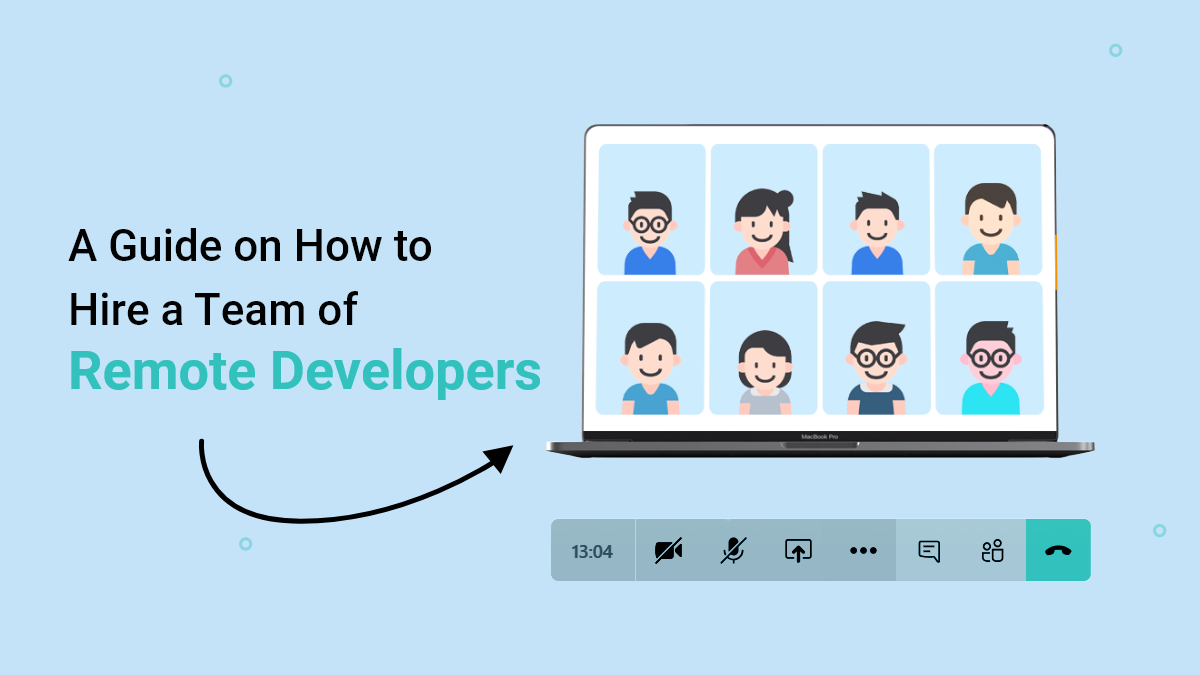
Hiring a team of remote developers can be a daunting task, but it doesn't have to be. With a little bit of planning and the right approach, you can find the perfect candidates to build your dream prod
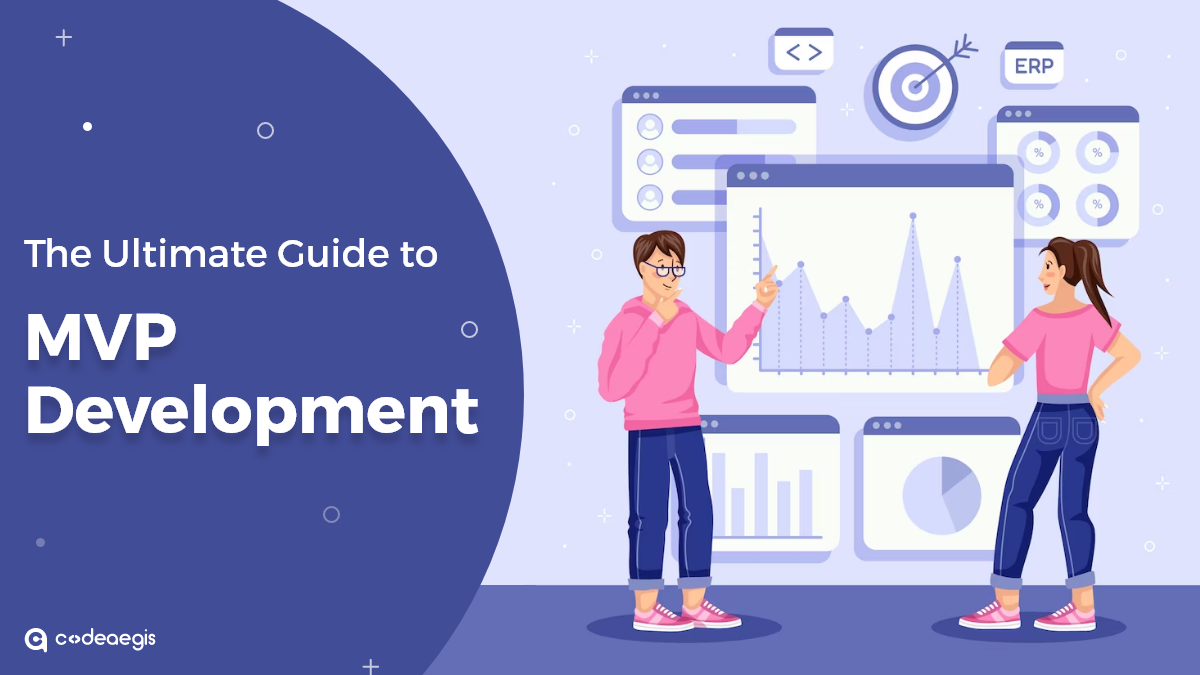
As the world of startups becomes increasingly competitive, building an MVP is crucial for entrepreneurs looking to test their ideas and launch successful businesses. By creating a minimum viable produ

Imagine a classroom where history comes alive in the 3D model of historical events. Biology students can explore the unique complexities of a cell as they have practiced it with real-world examples, a
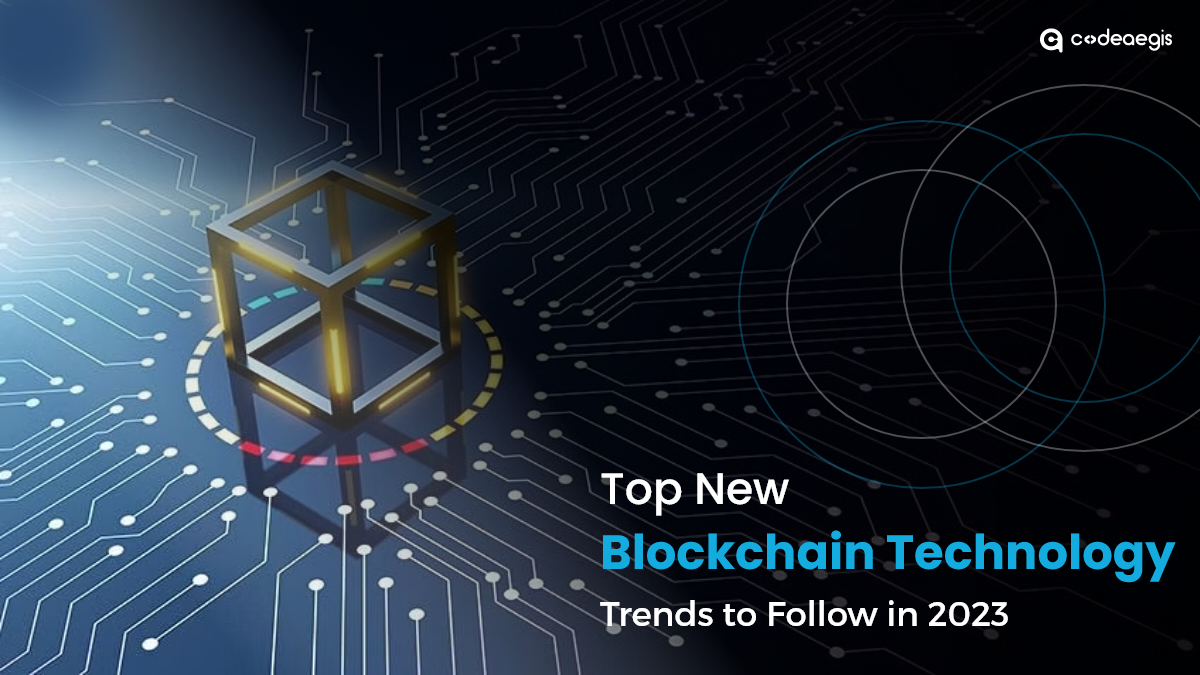
Picture this - a world where business transactions are seamless, secure, and transparent. This might have seemed like a distant dream before the advent of cryptocurrencies and blockchain technology, b
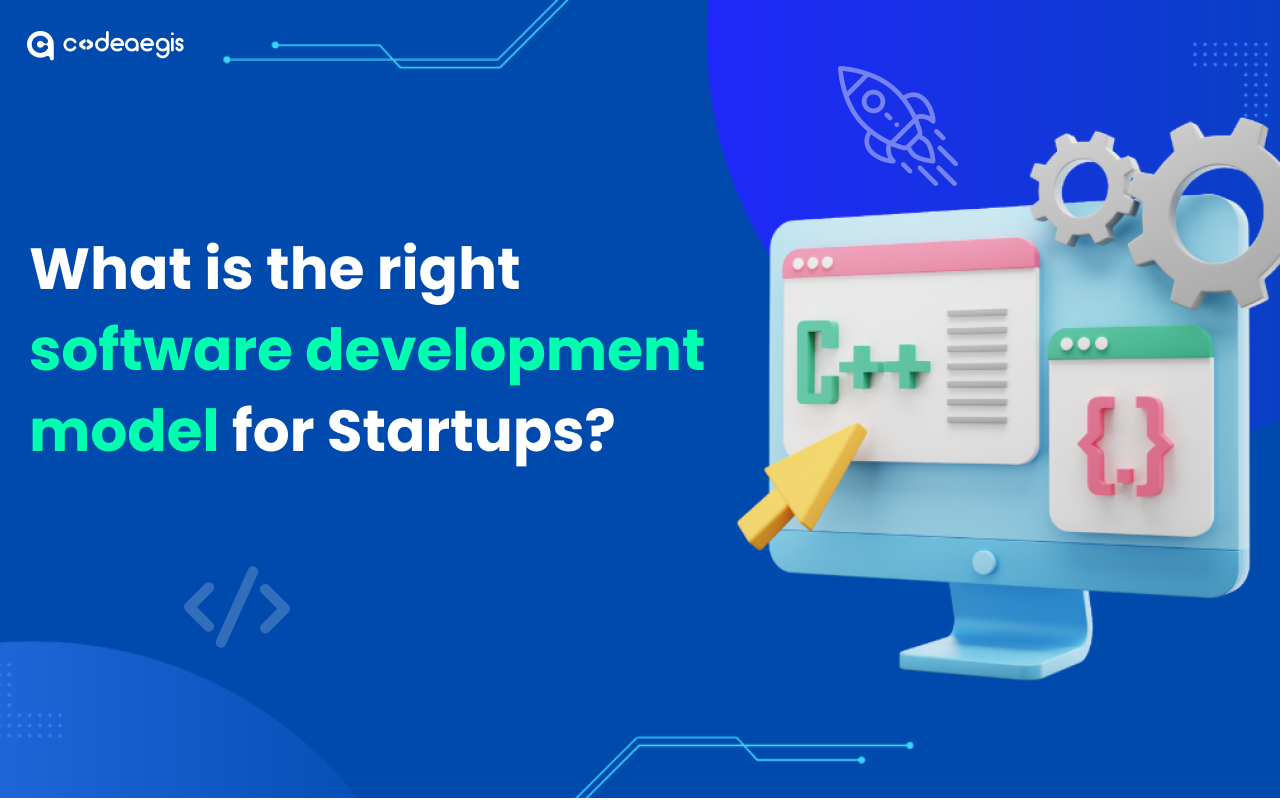
Sipping coffee and thinking of a startup has always been trendy. Similarly, hanging out with friends and promising them to start a business someday feels refreshing. Did you know that several success
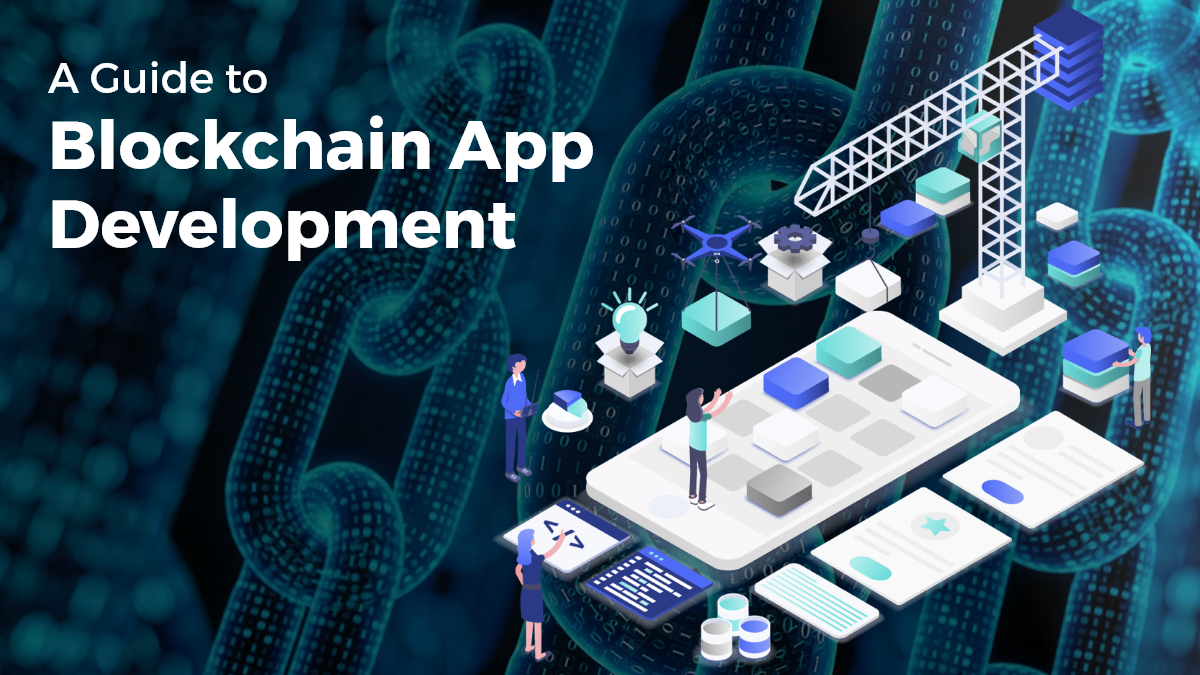
Blockchain technology has been a hot topic recently due to its potential to revolutionize various industries. Blockchain is a distributed ledger technology that ensures transparency, security, and dec

If you’re planning to enter the fast-growing fantasy sports market, one of the most critical aspects considered is “What will it cost to build a fantasy sport that stands out and drives t
Leave a Reply
Your email address will not be publishedDO YOU HAVE ANY PROJECT
Let's Talk About Business Solutions With Us
India Address
57A, 4th Floor, E Block, Sector 63, Noida, Uttar Pradesh 201301
Call Us
+91 853 500 8008
Email ID
[email protected]





.jpg)





